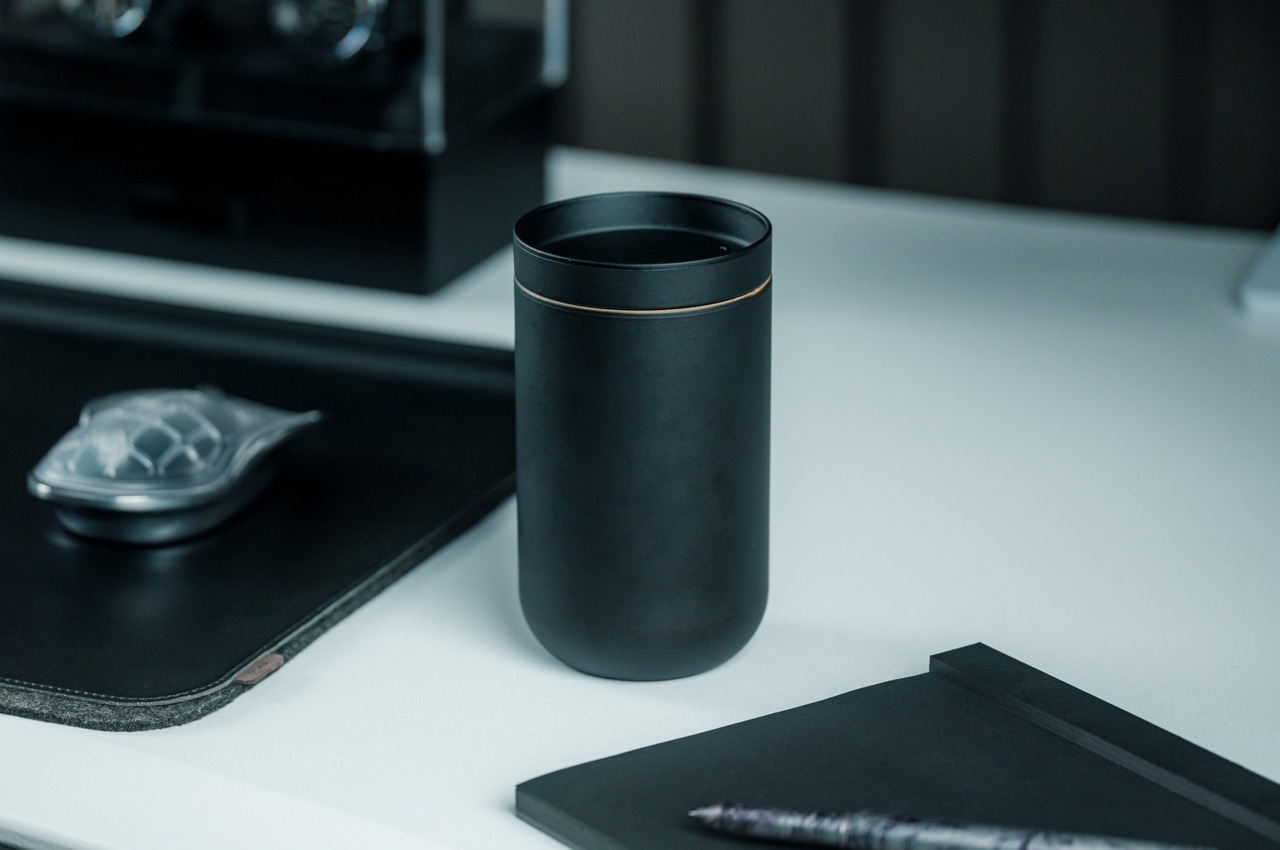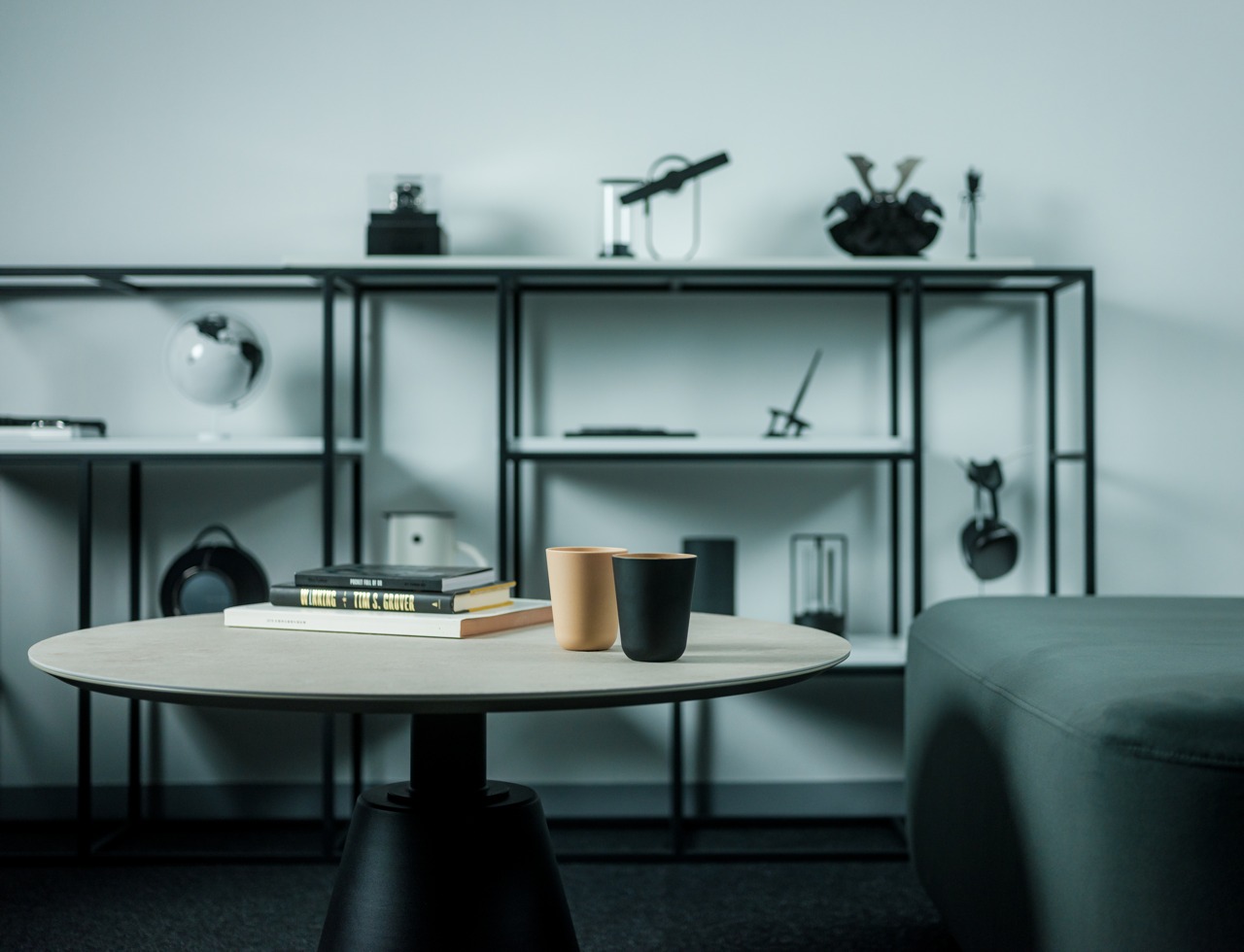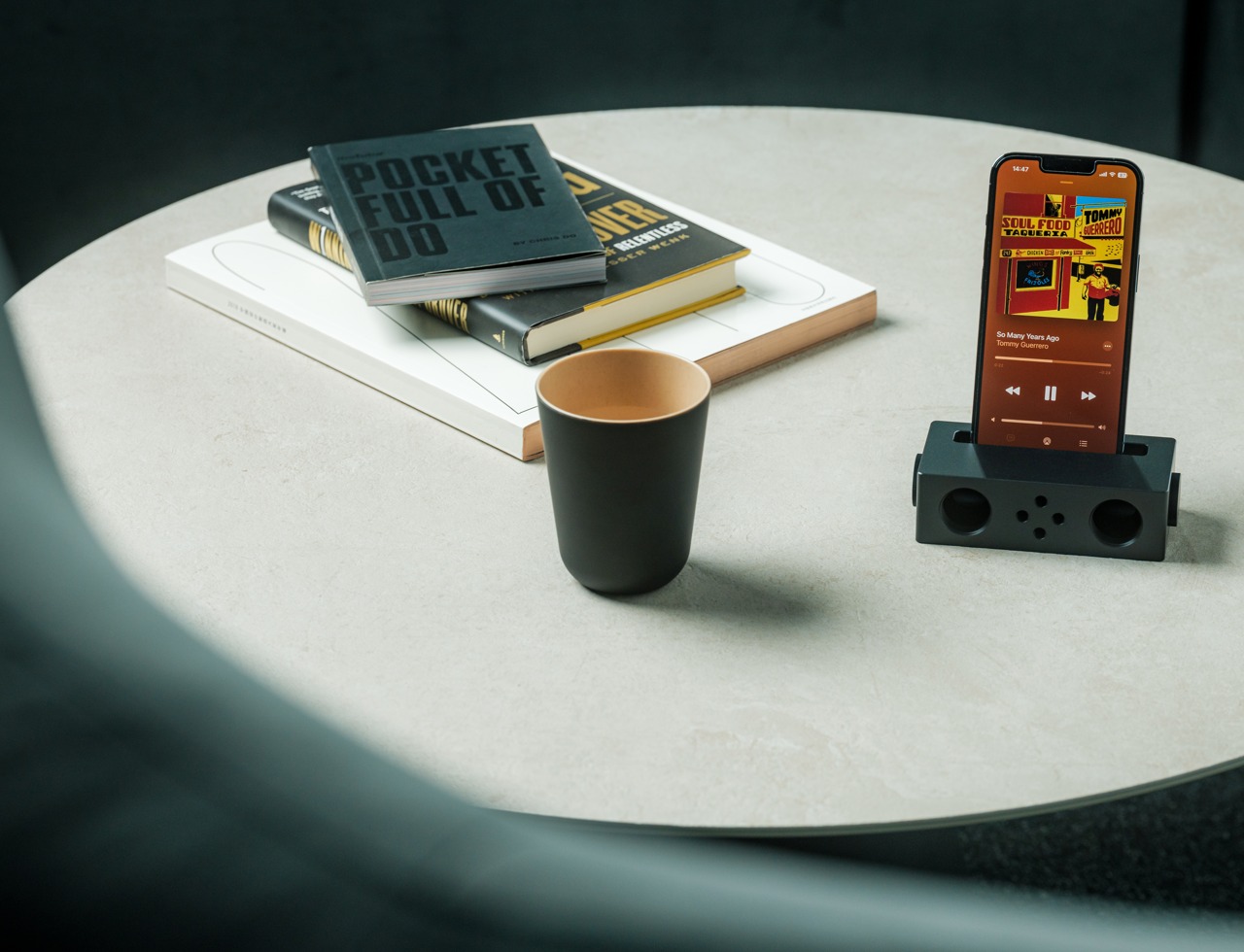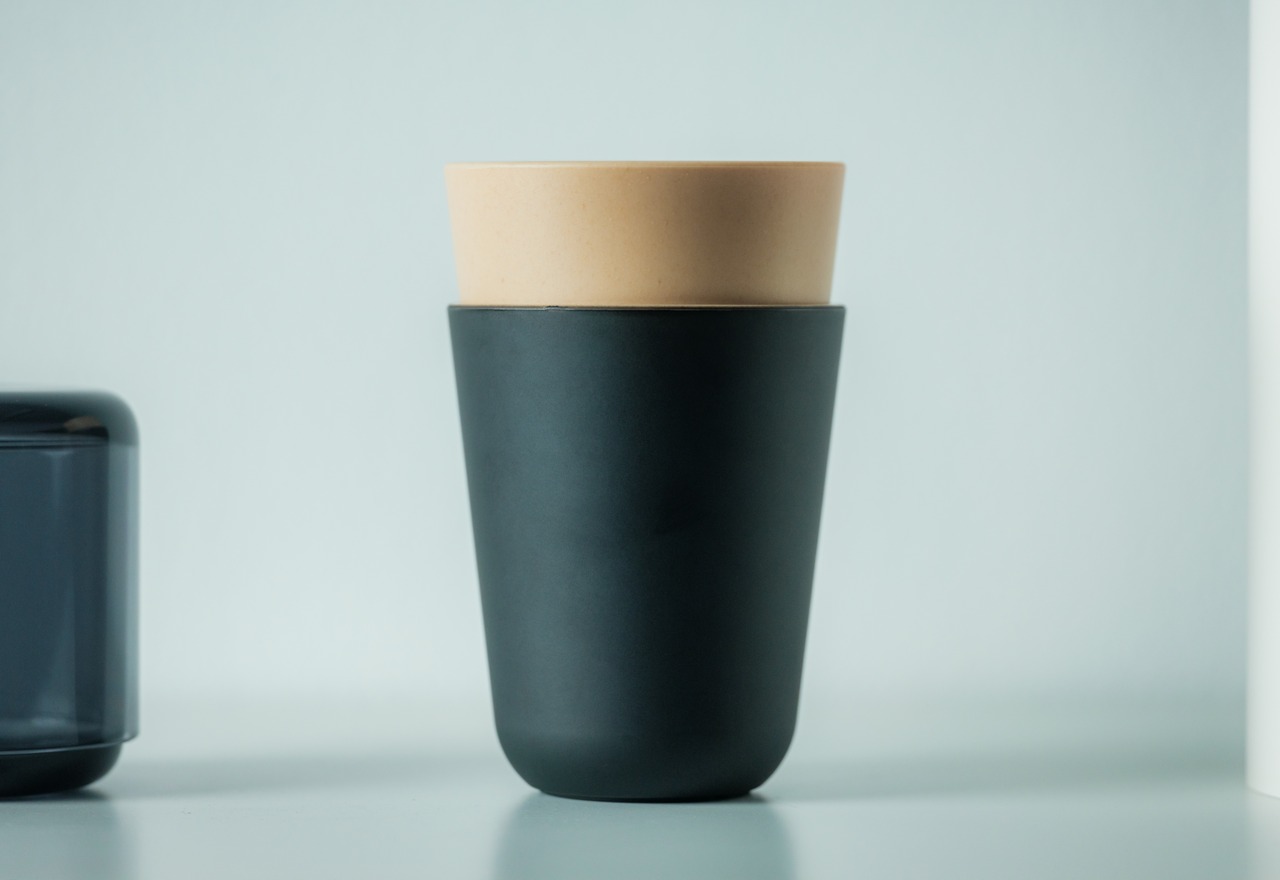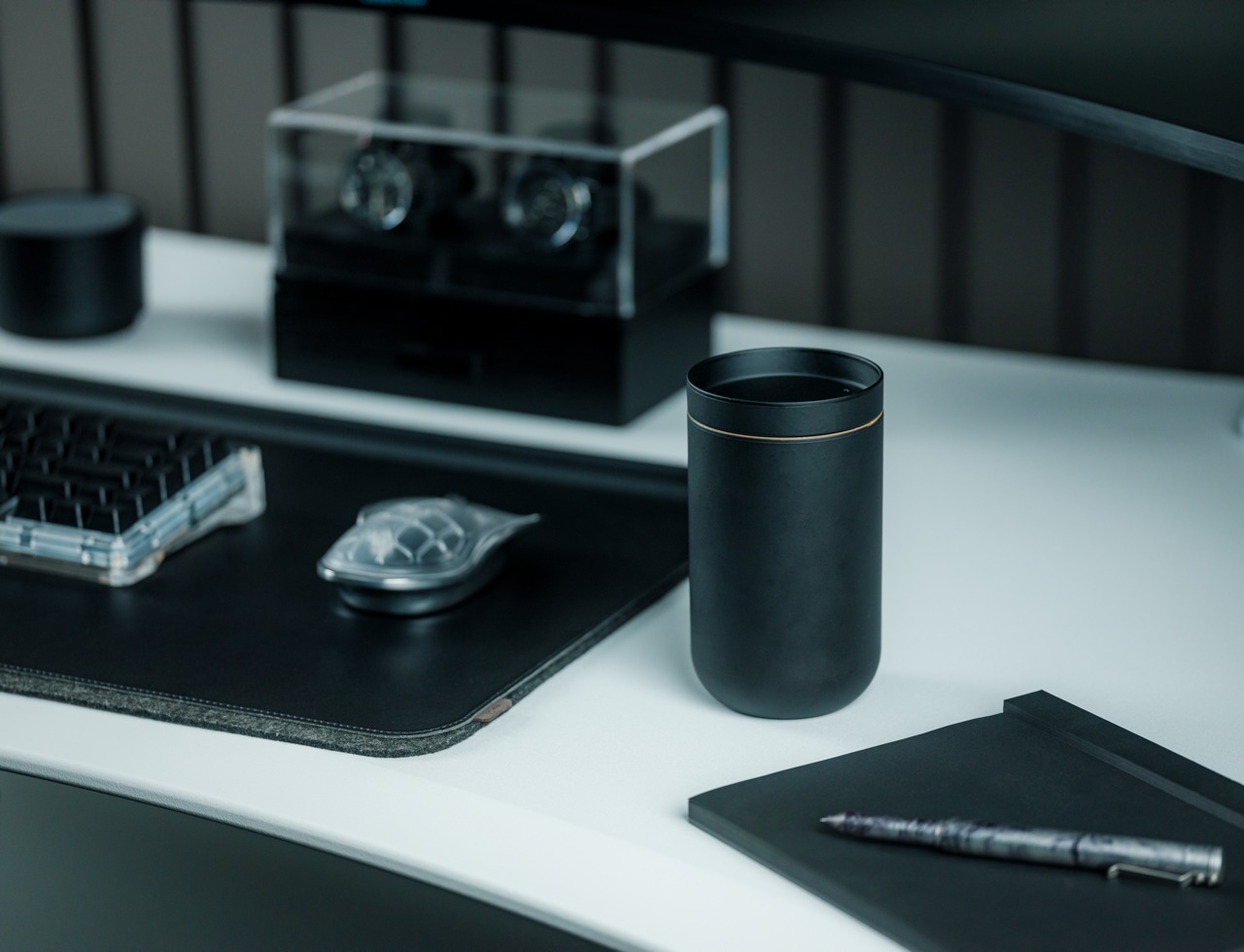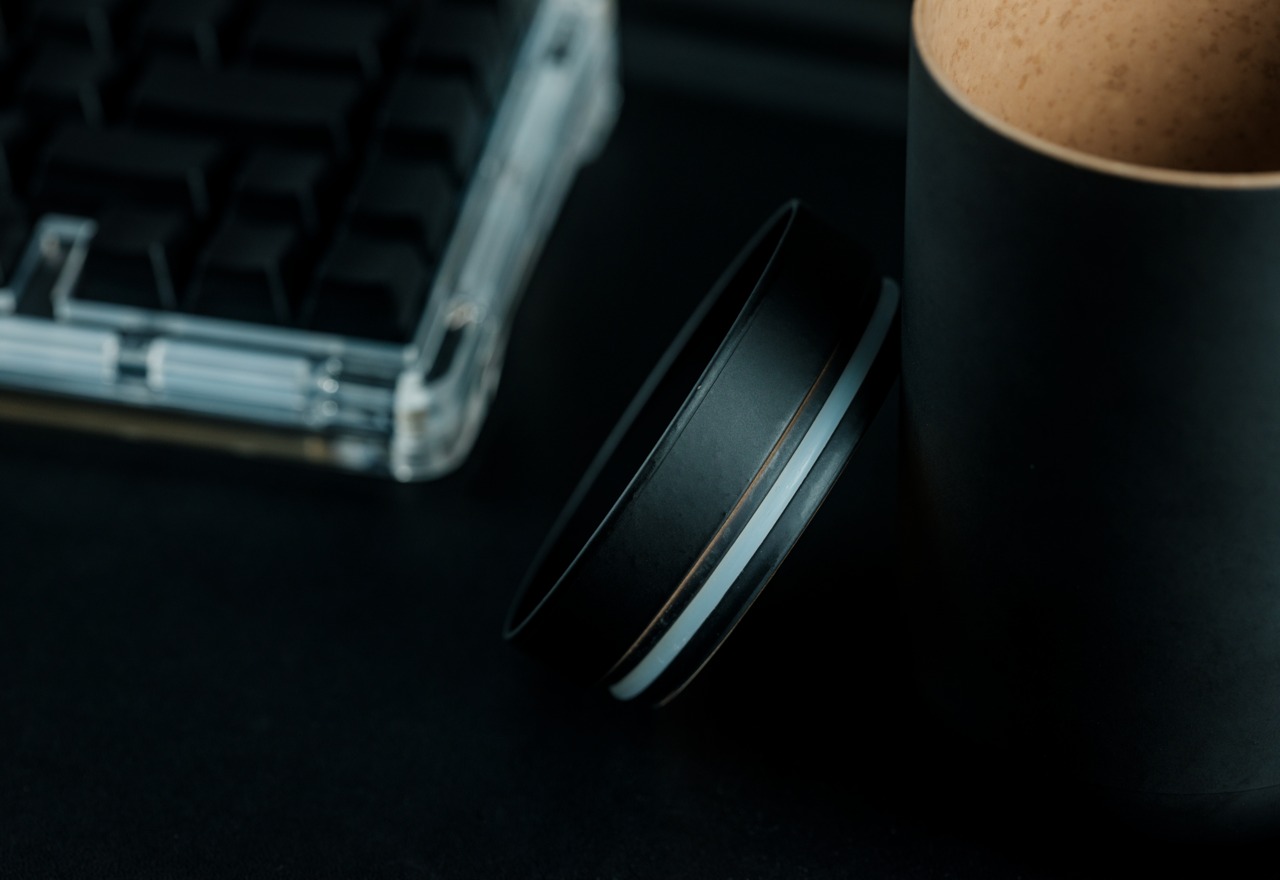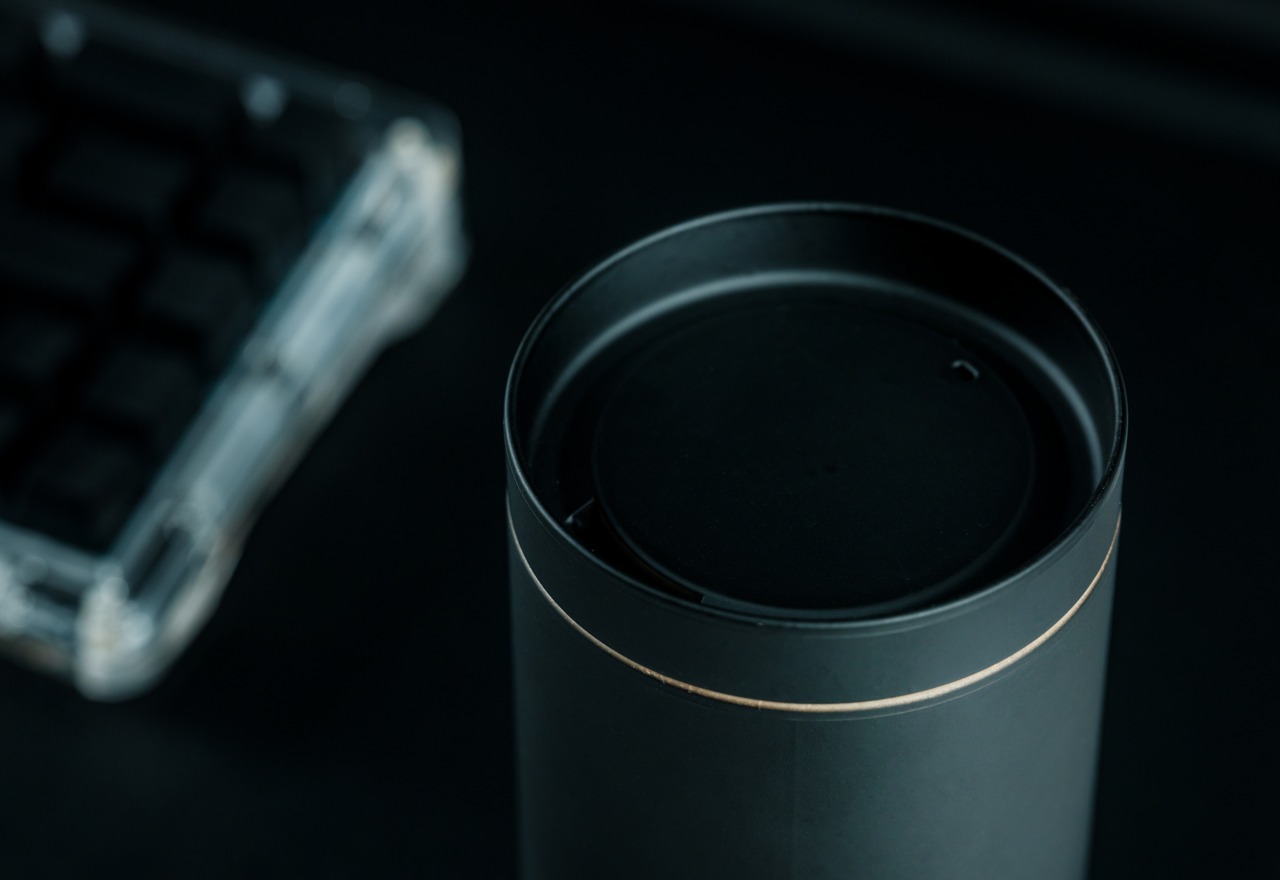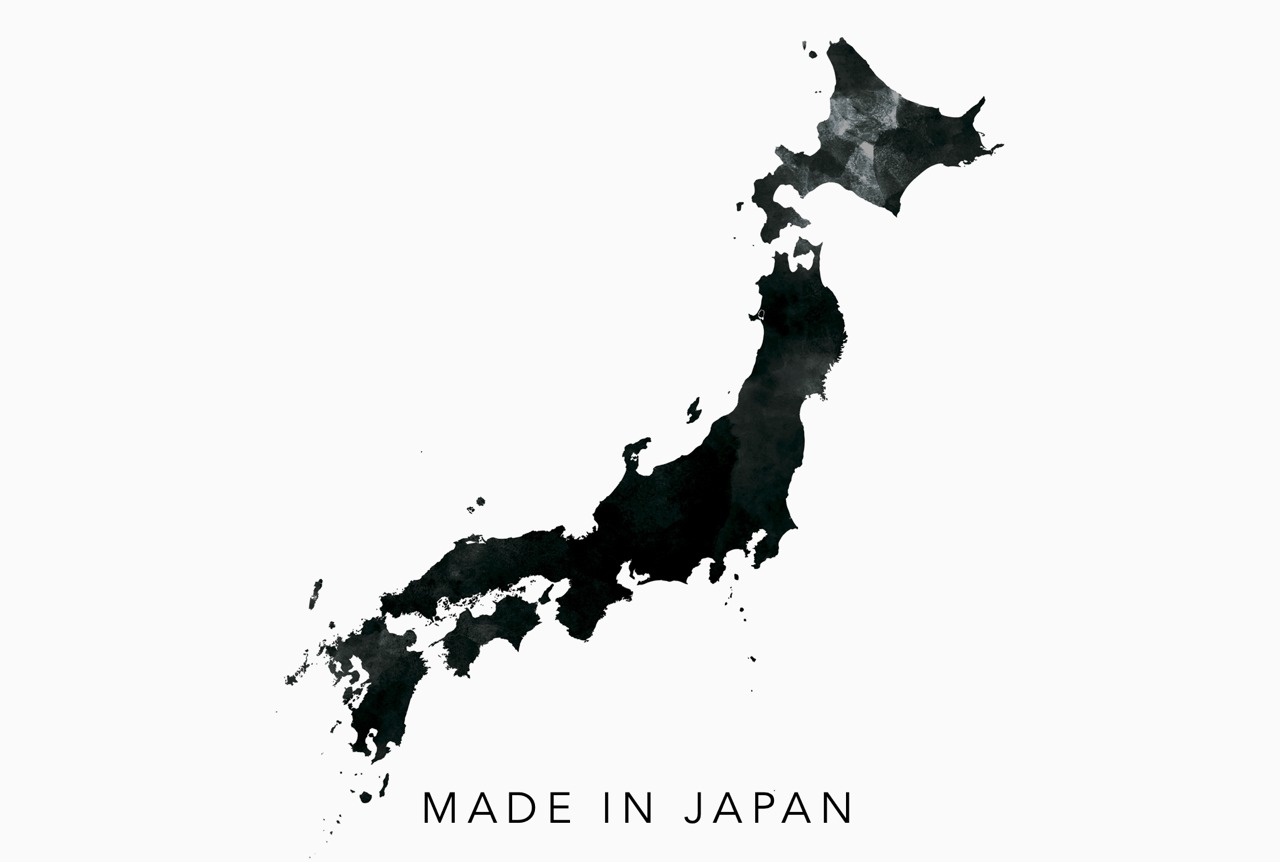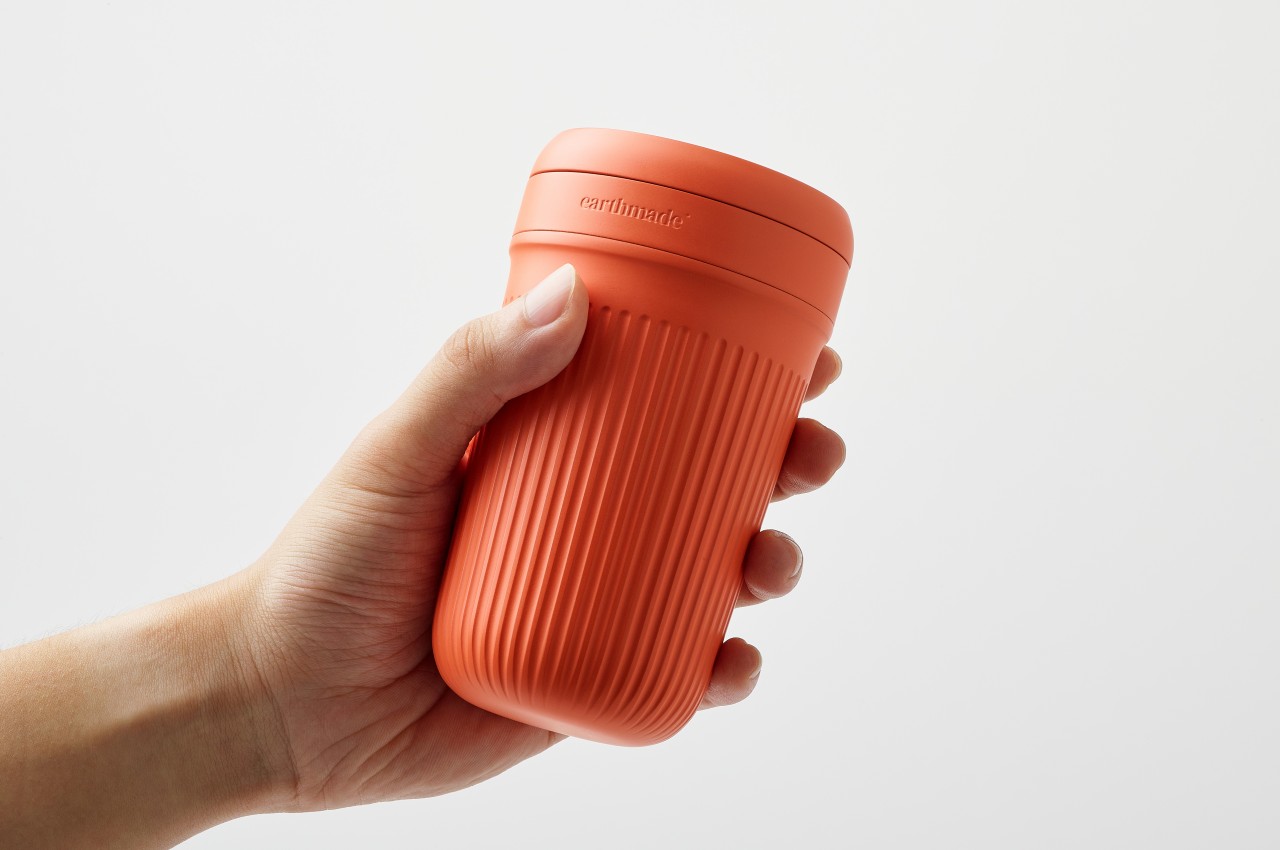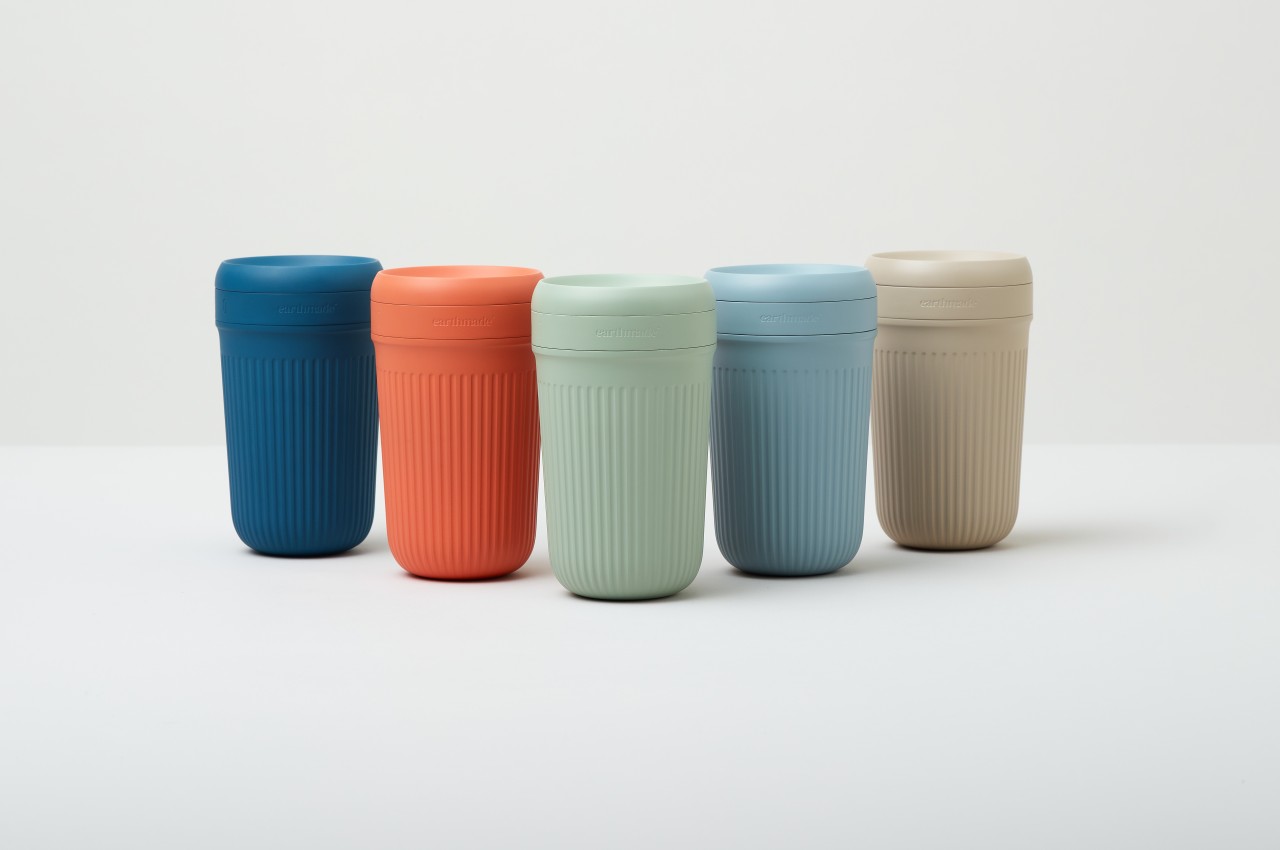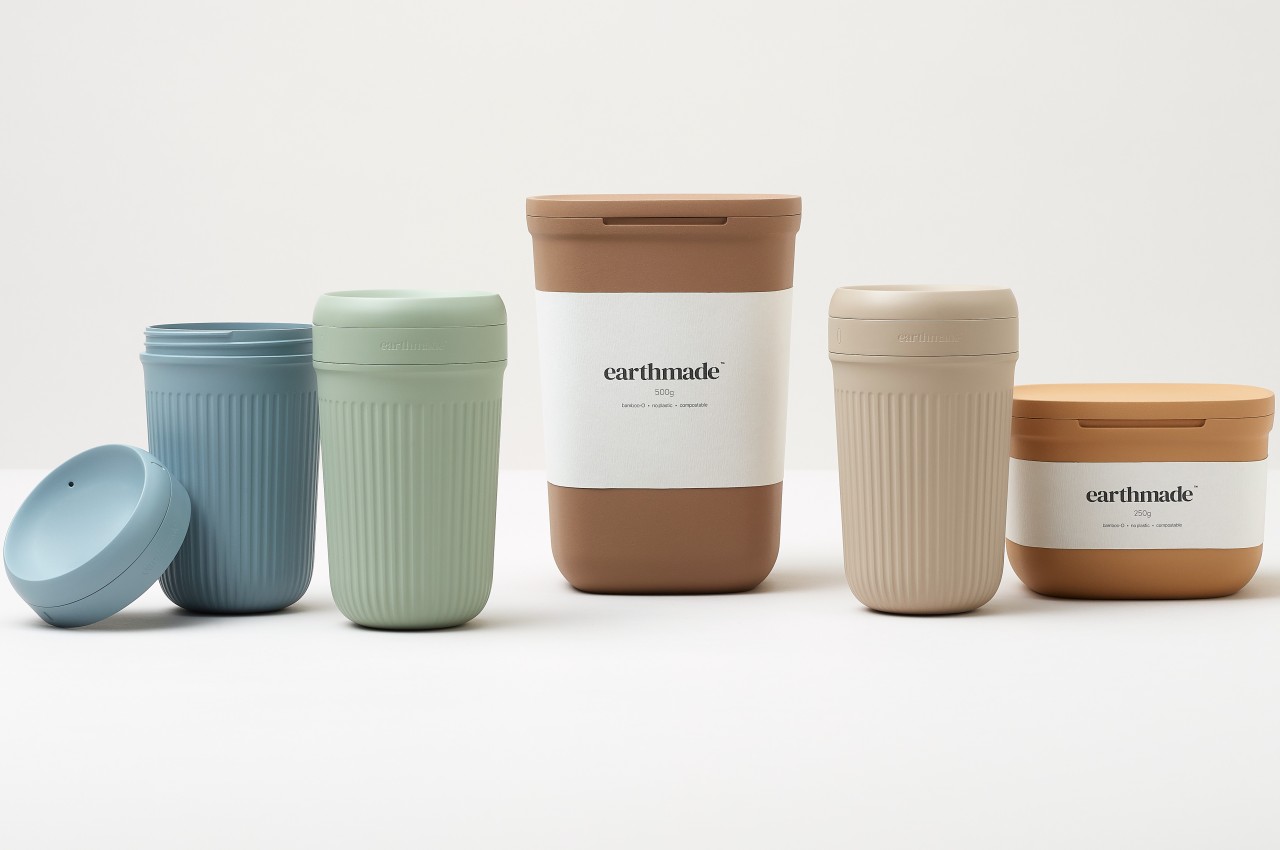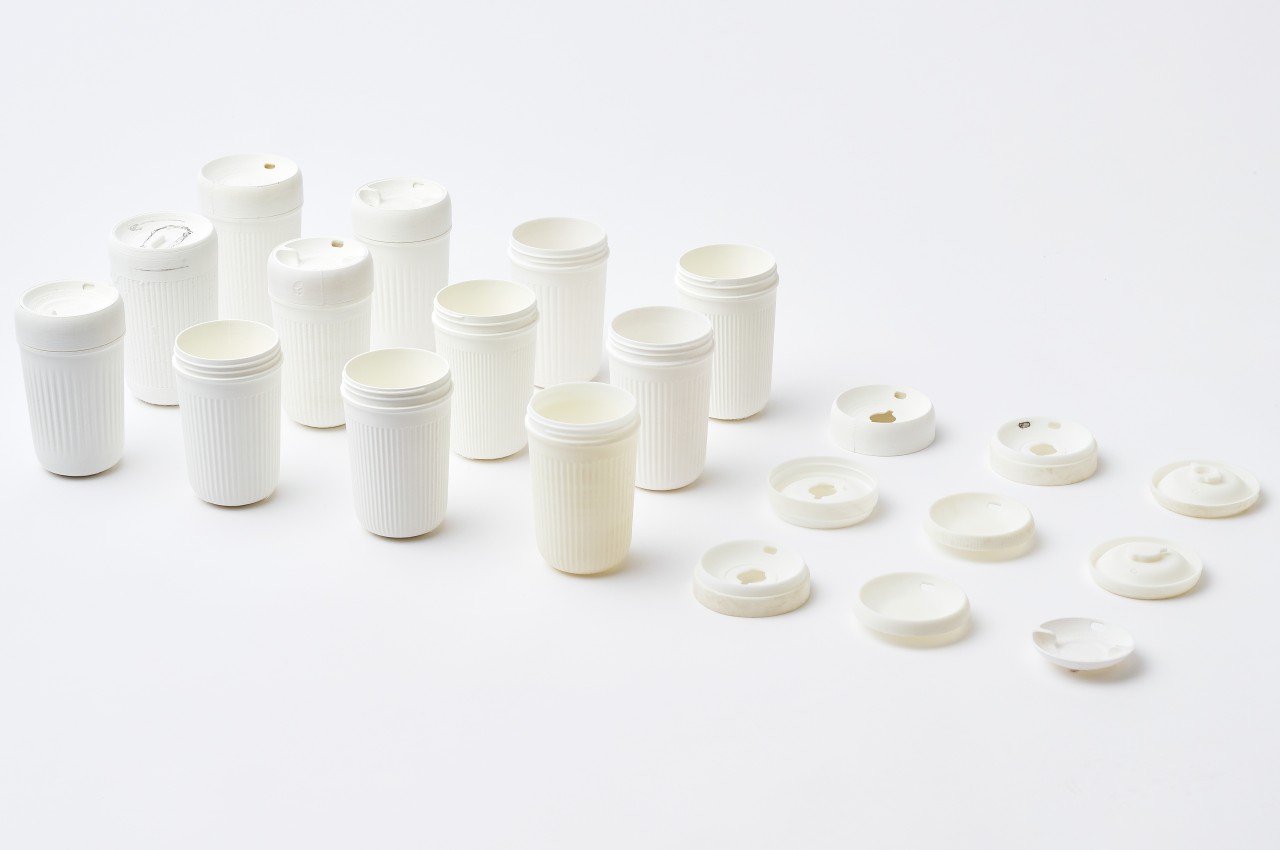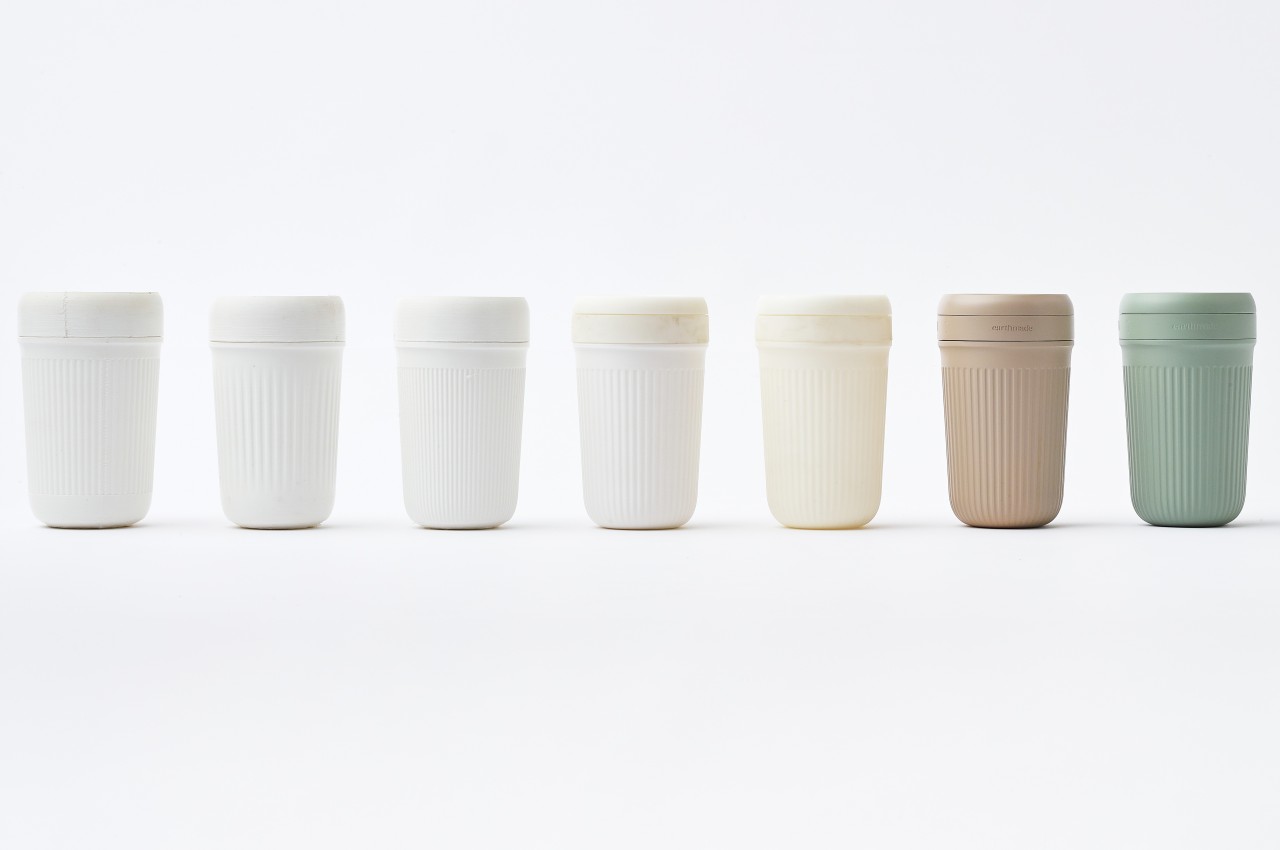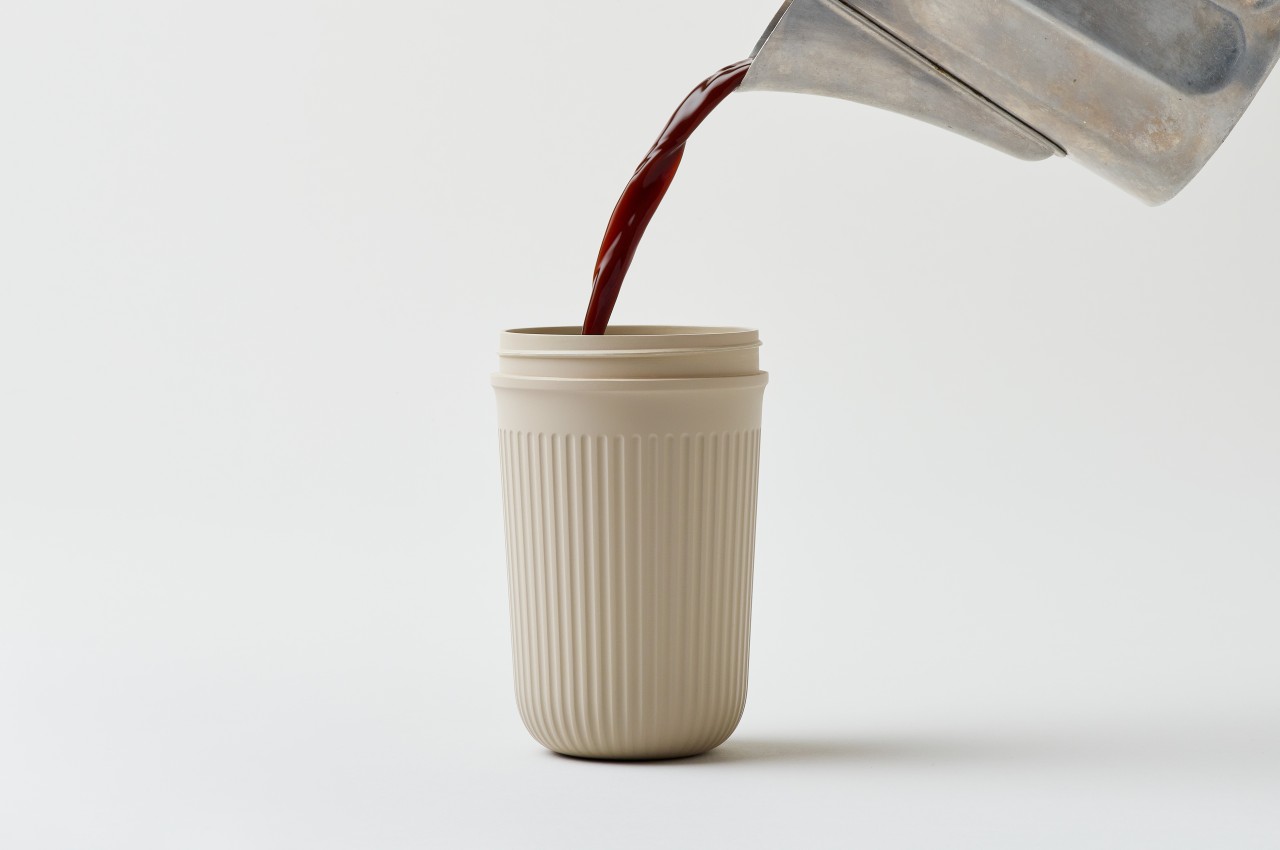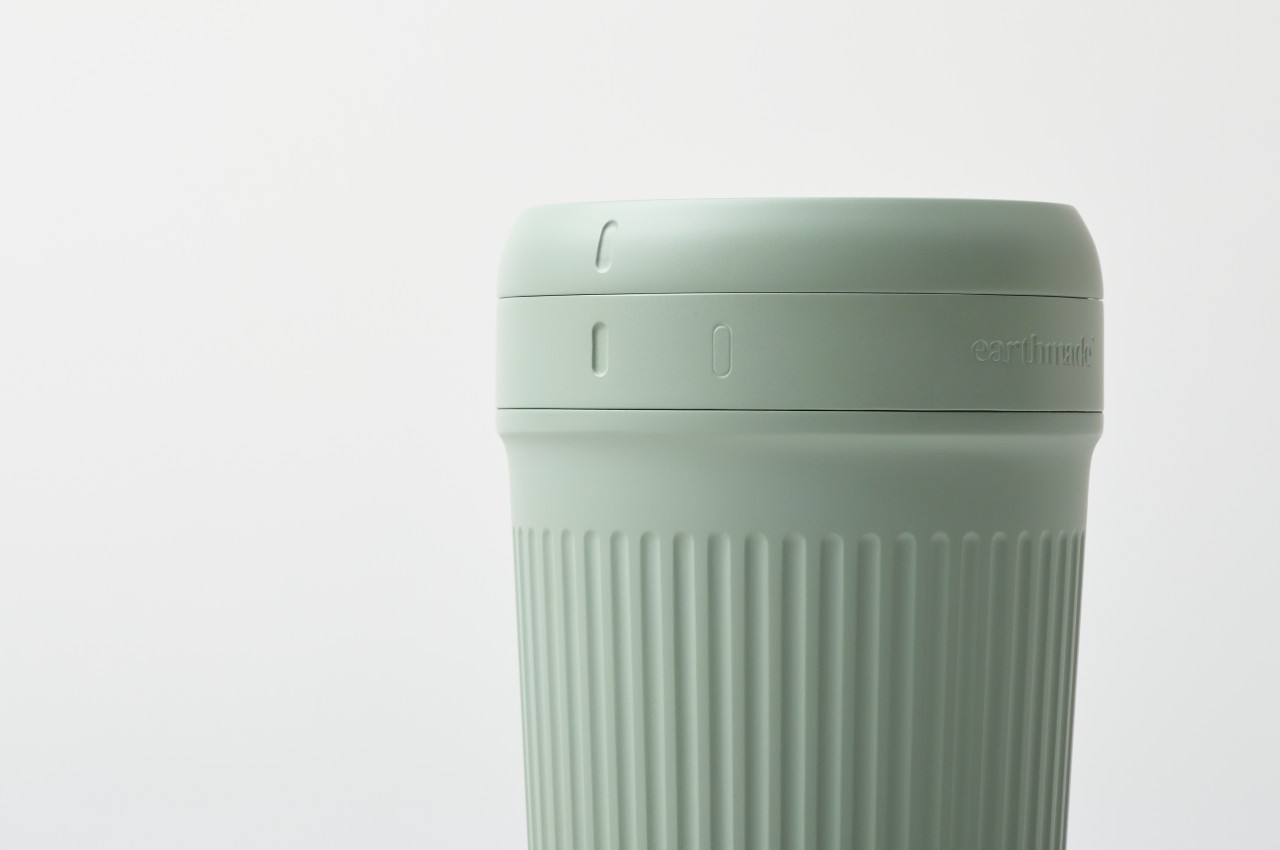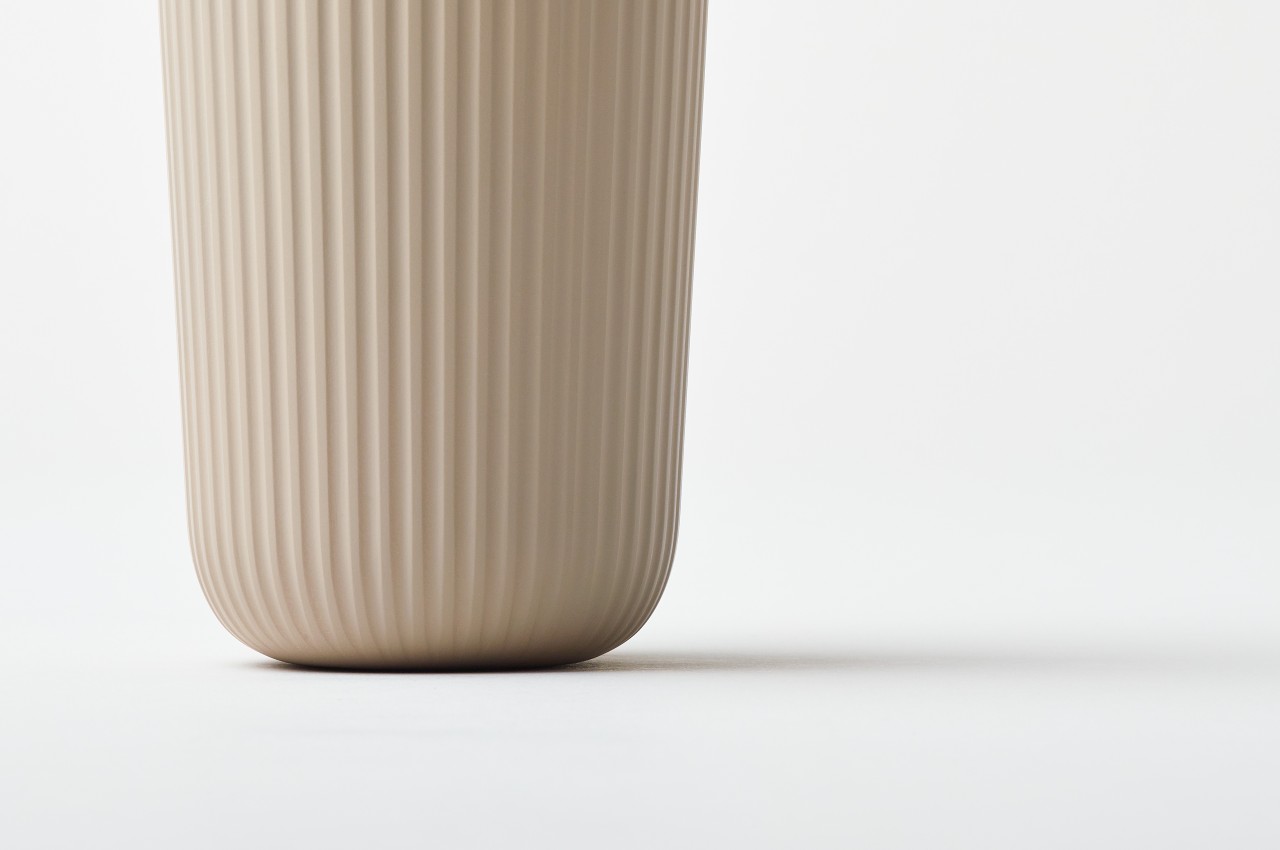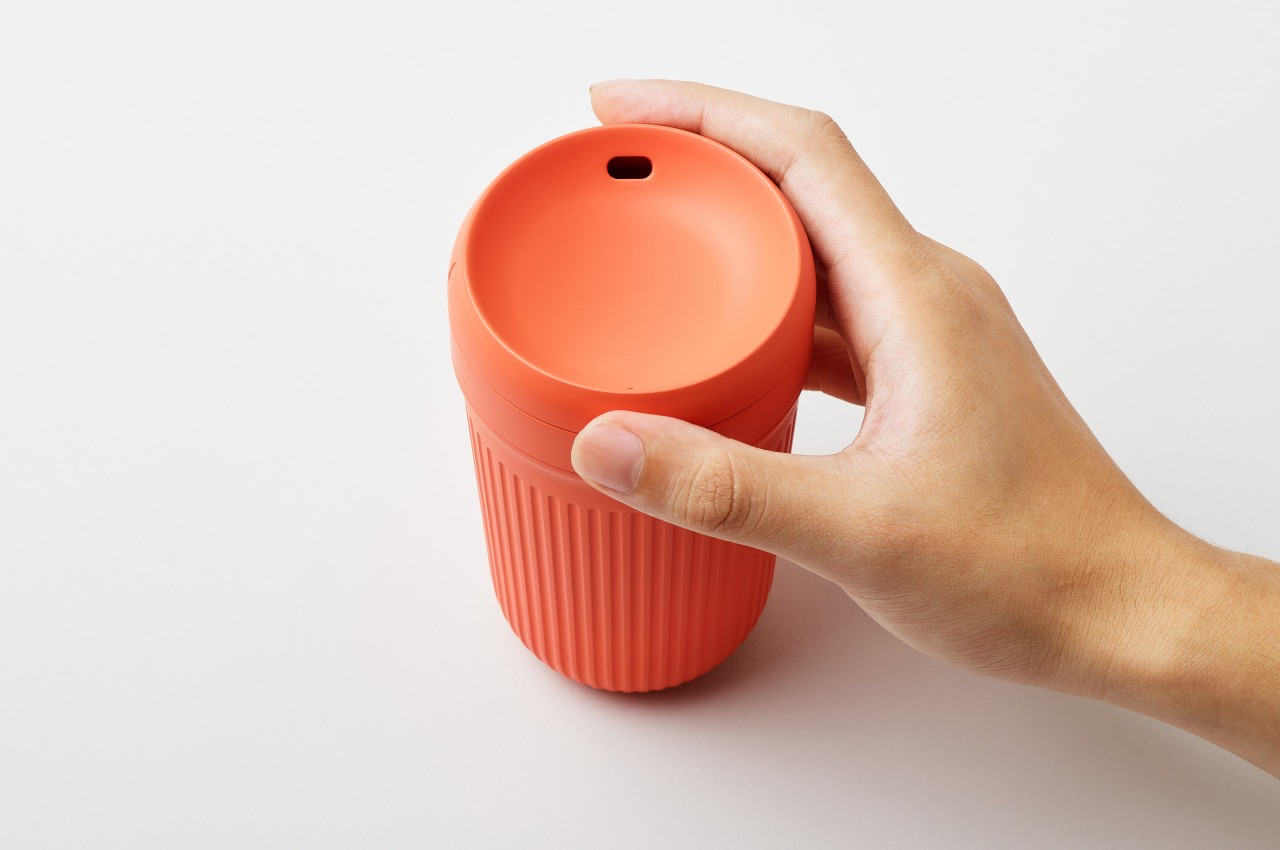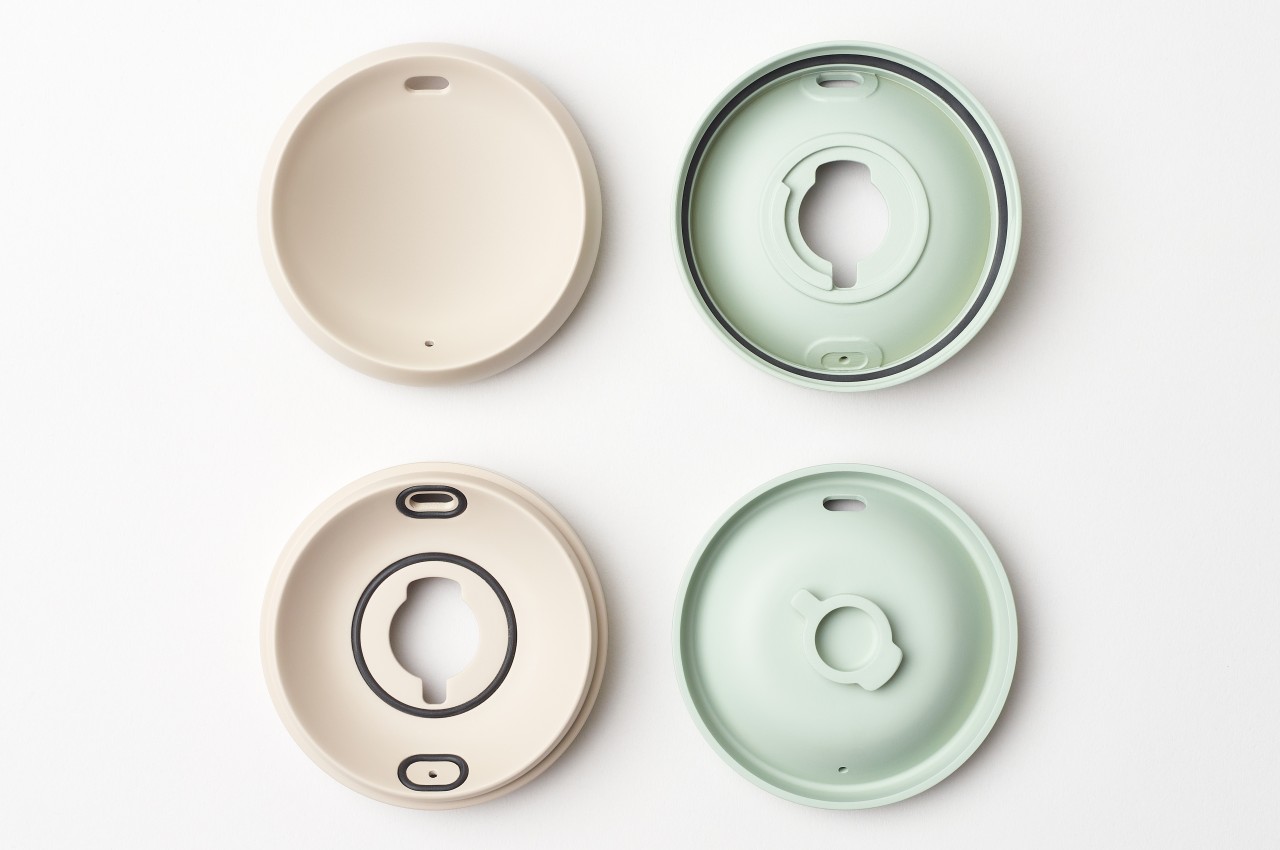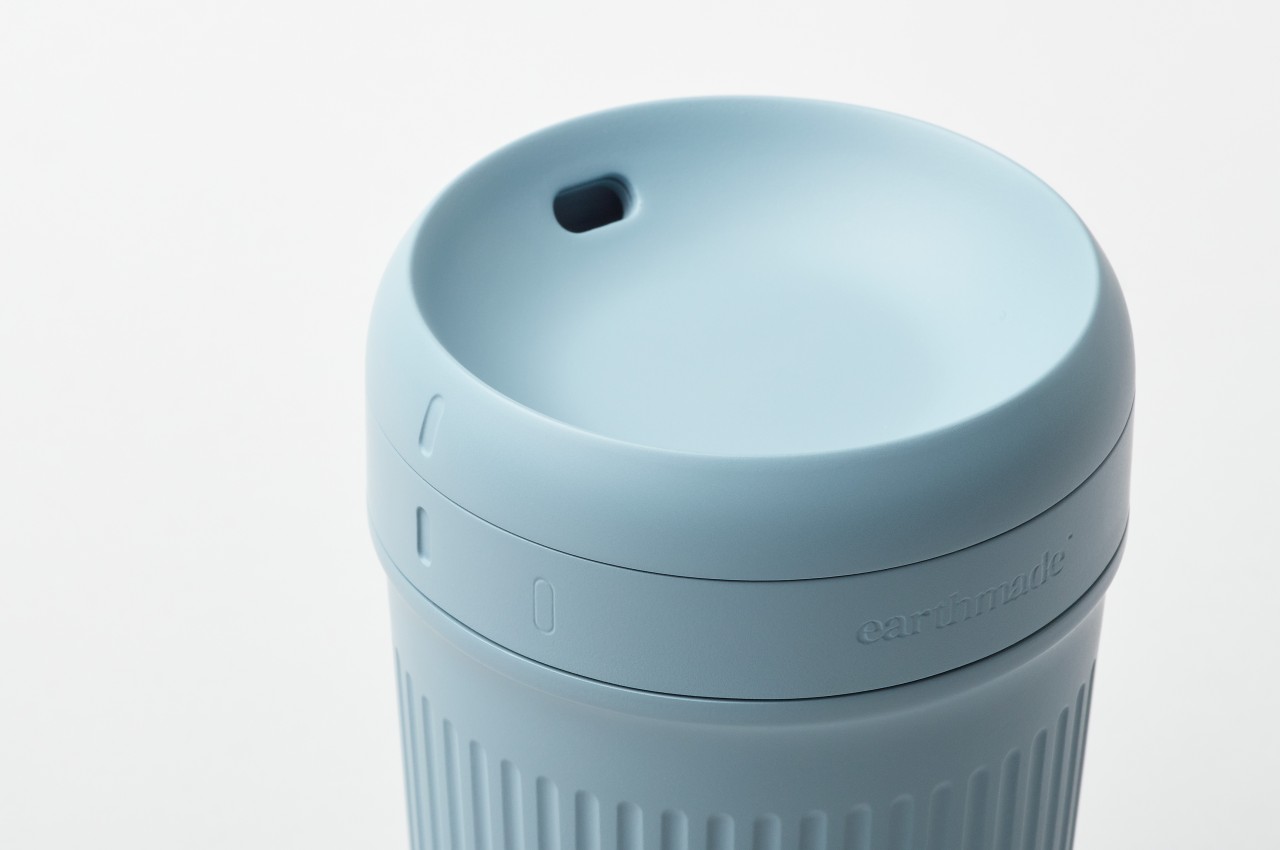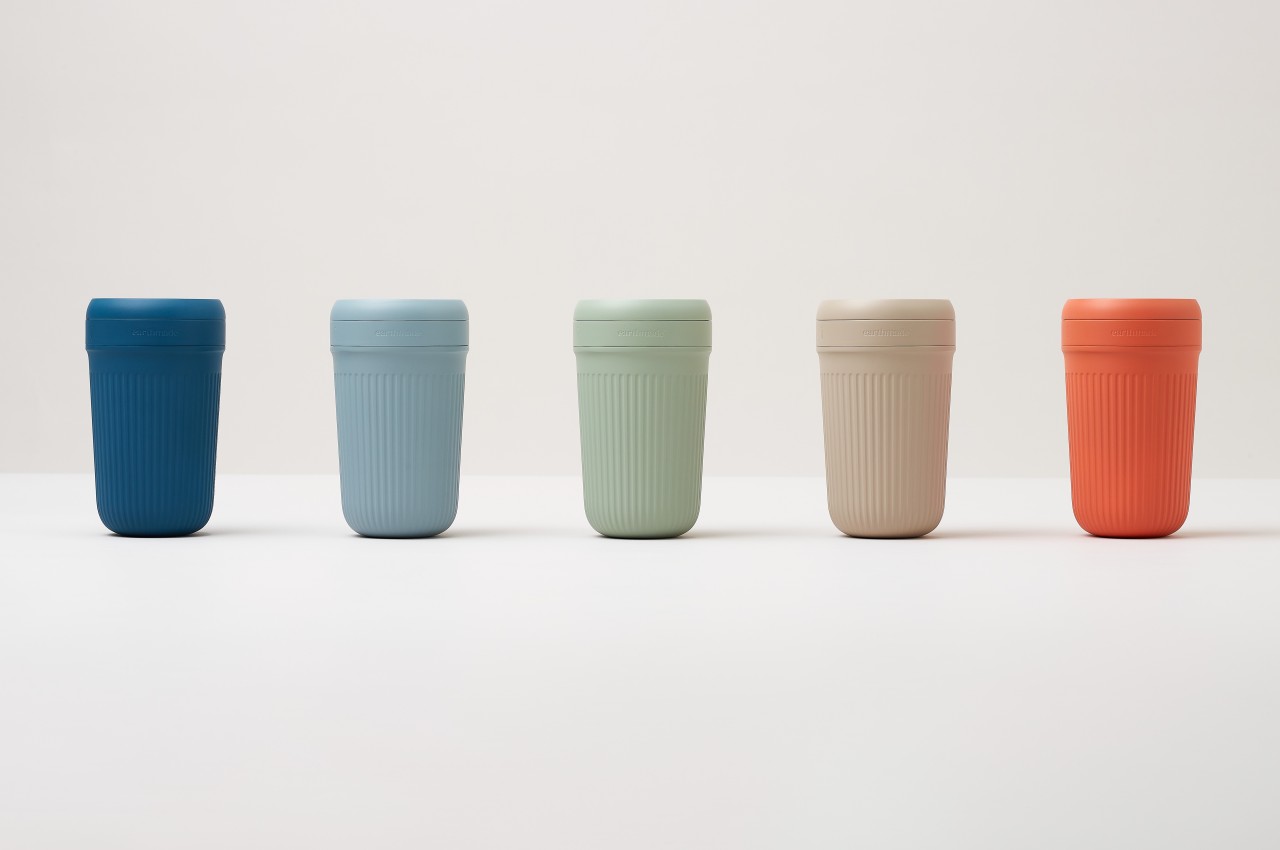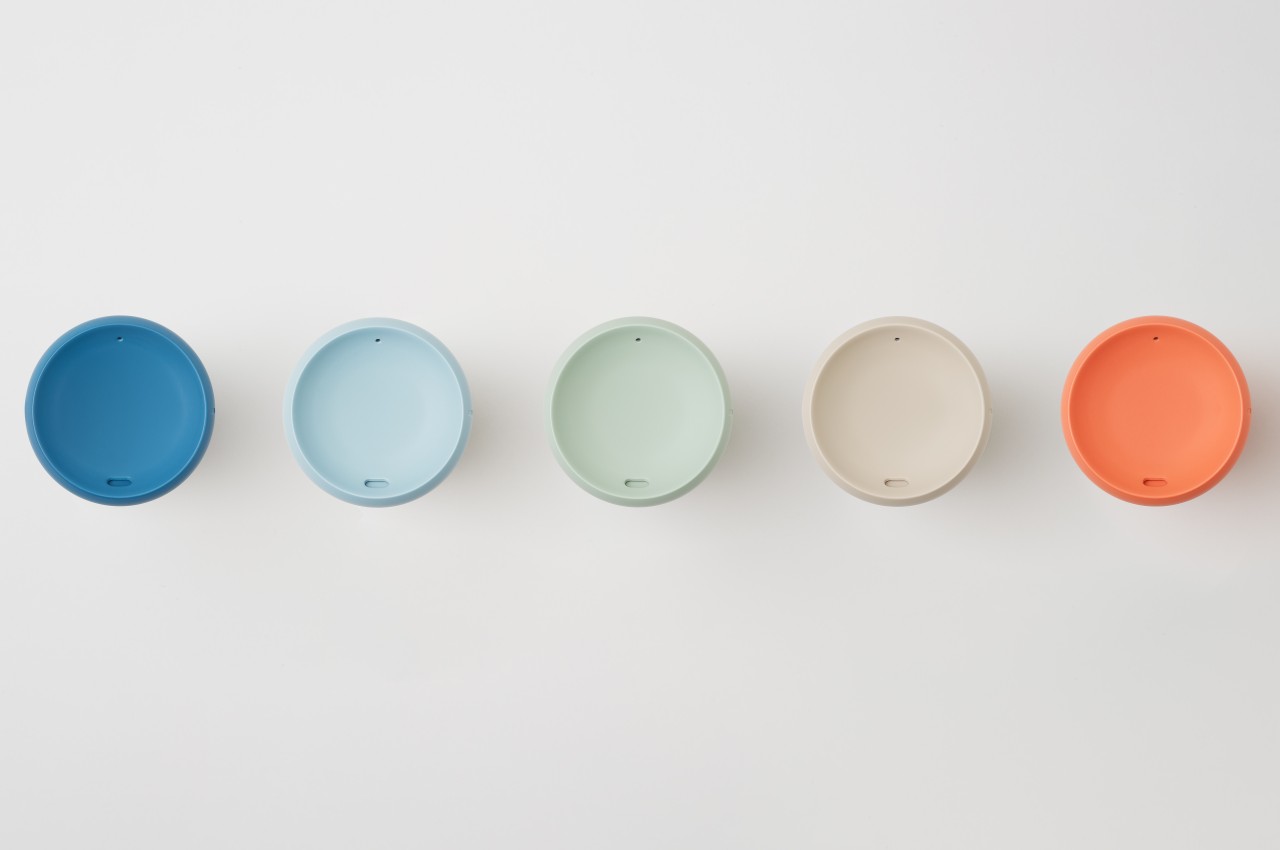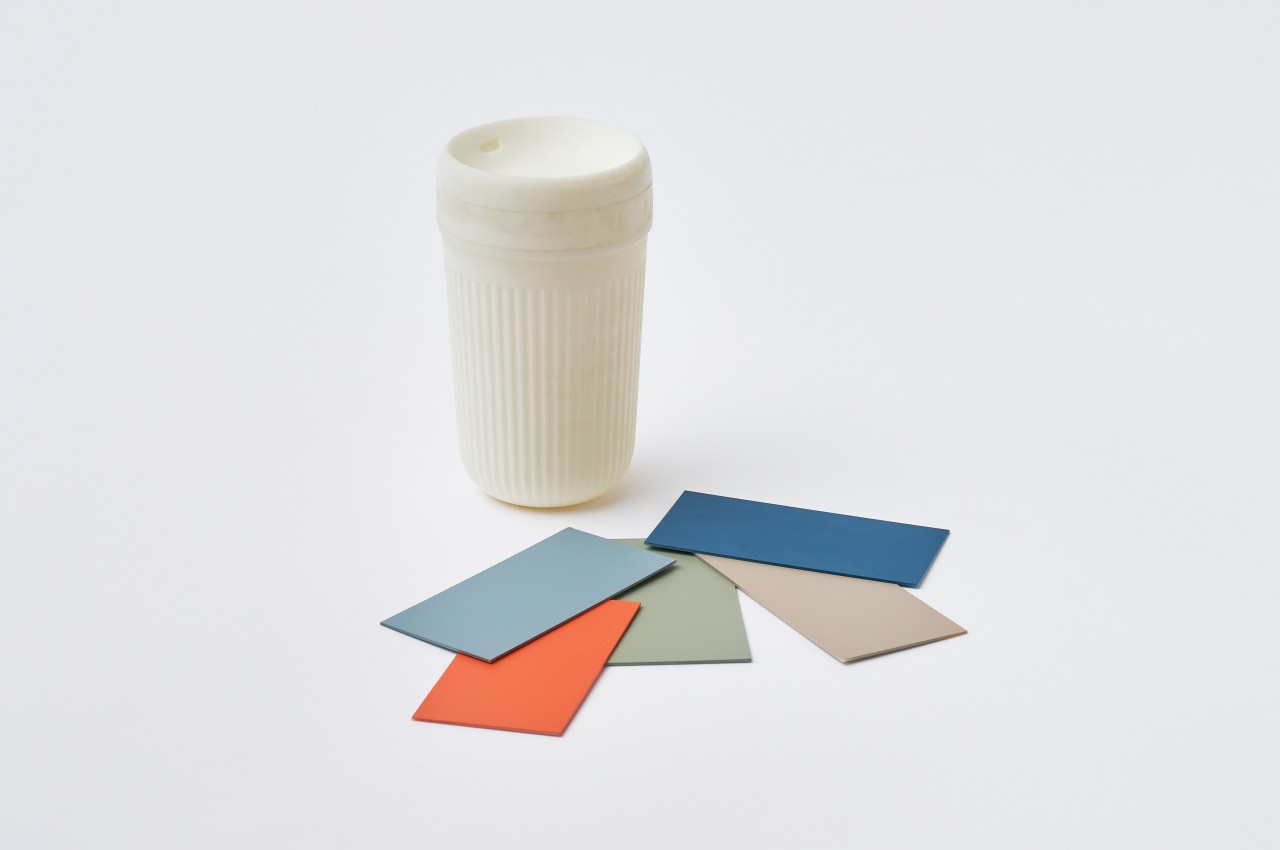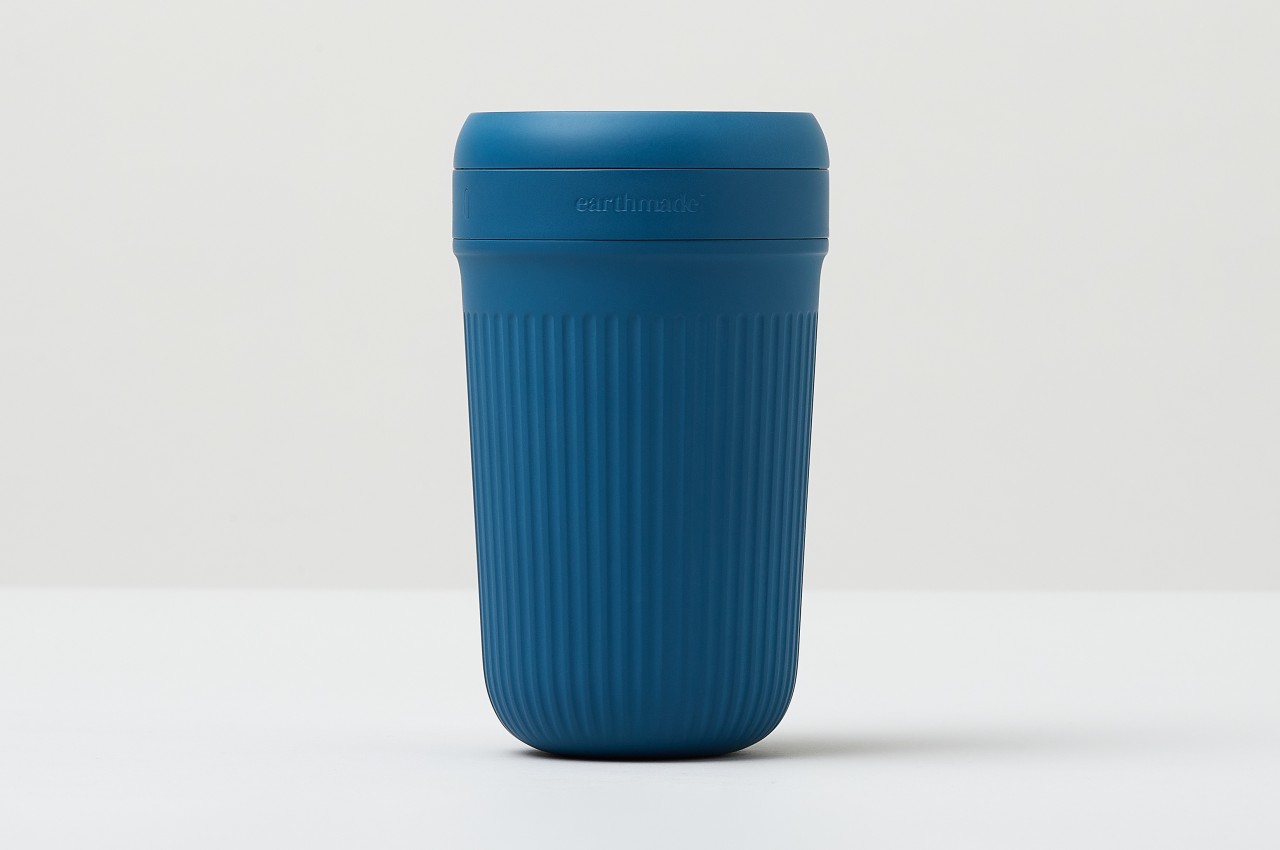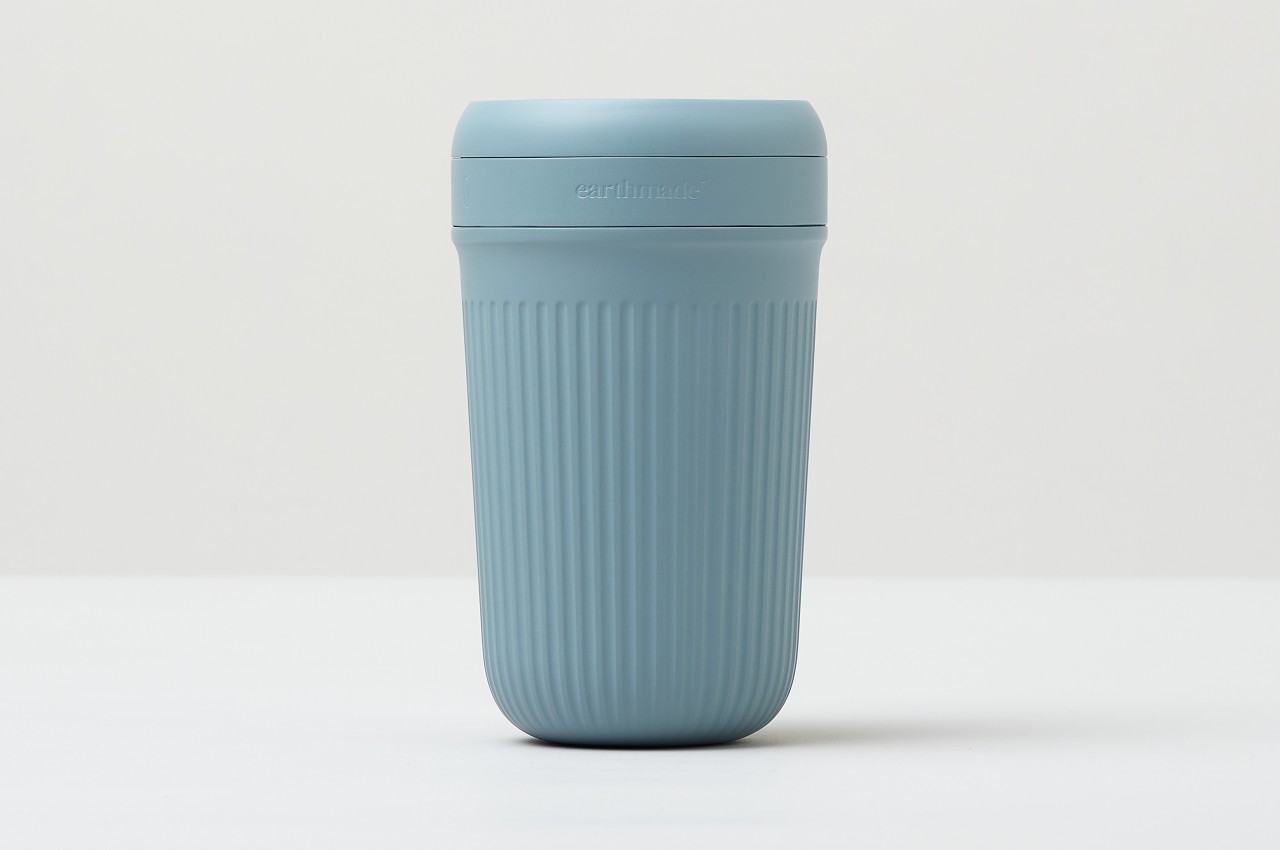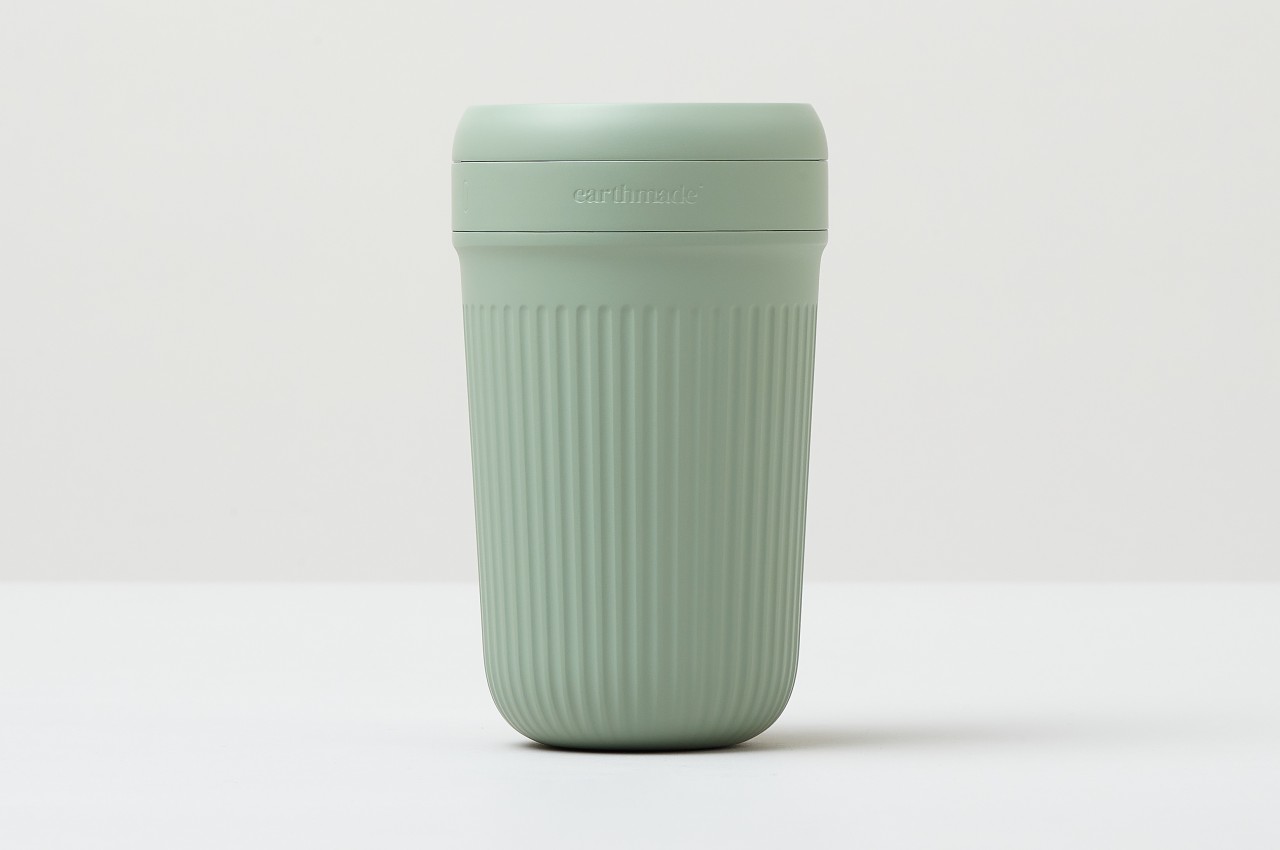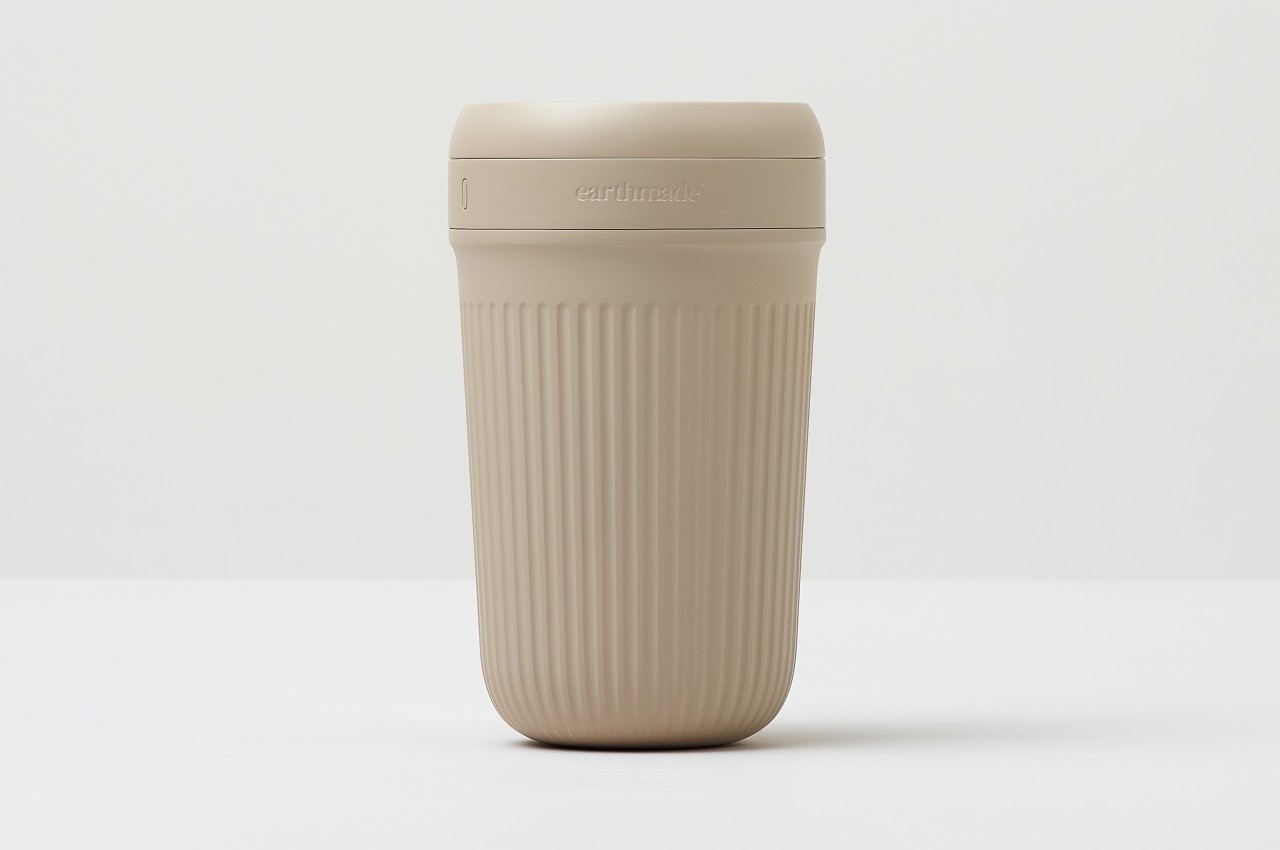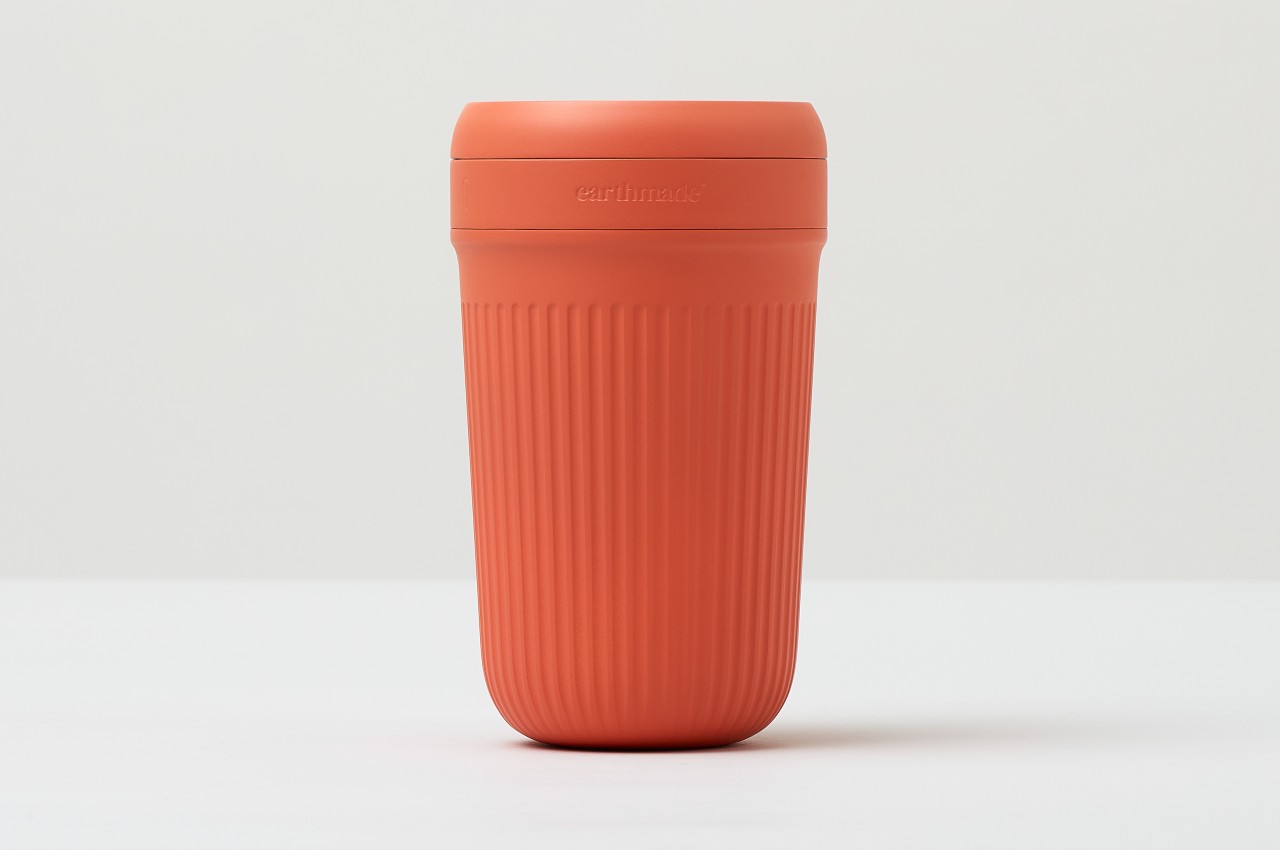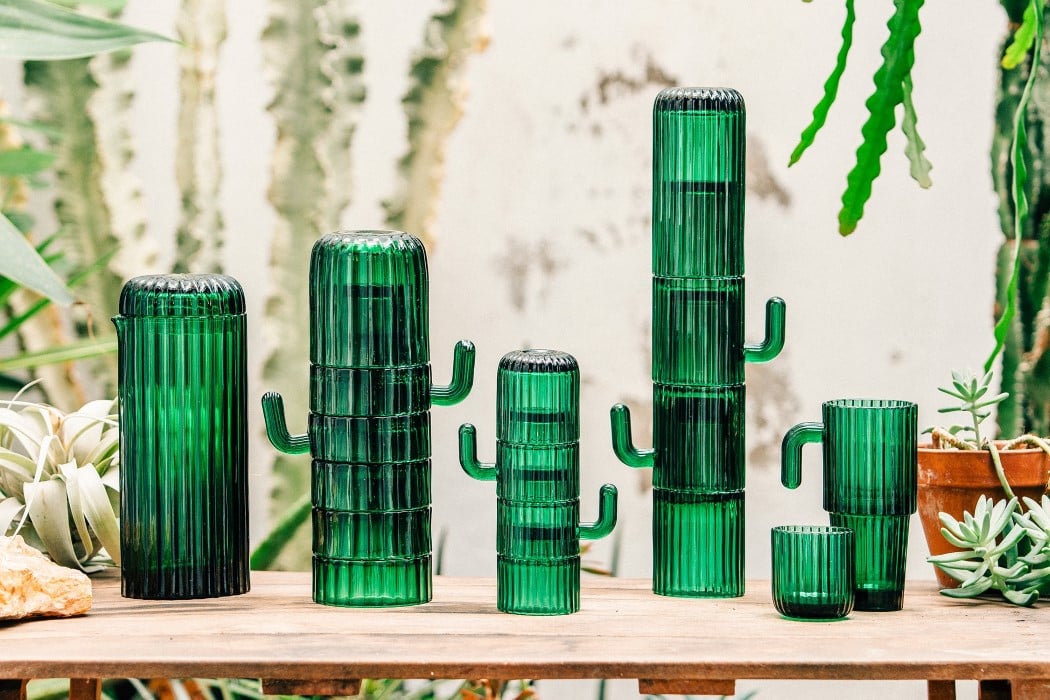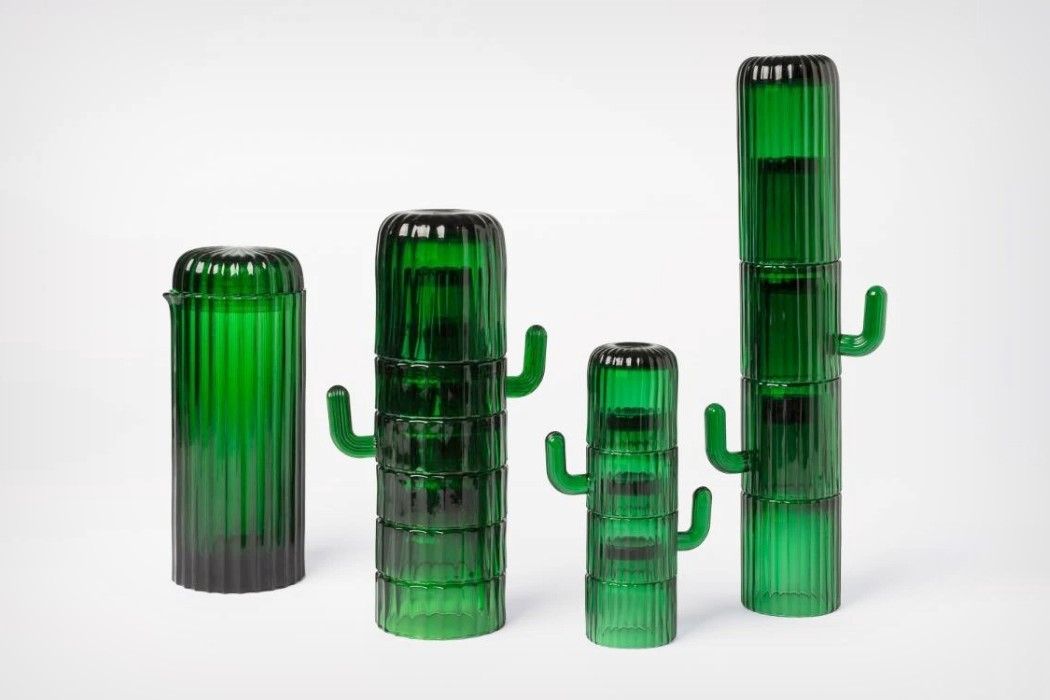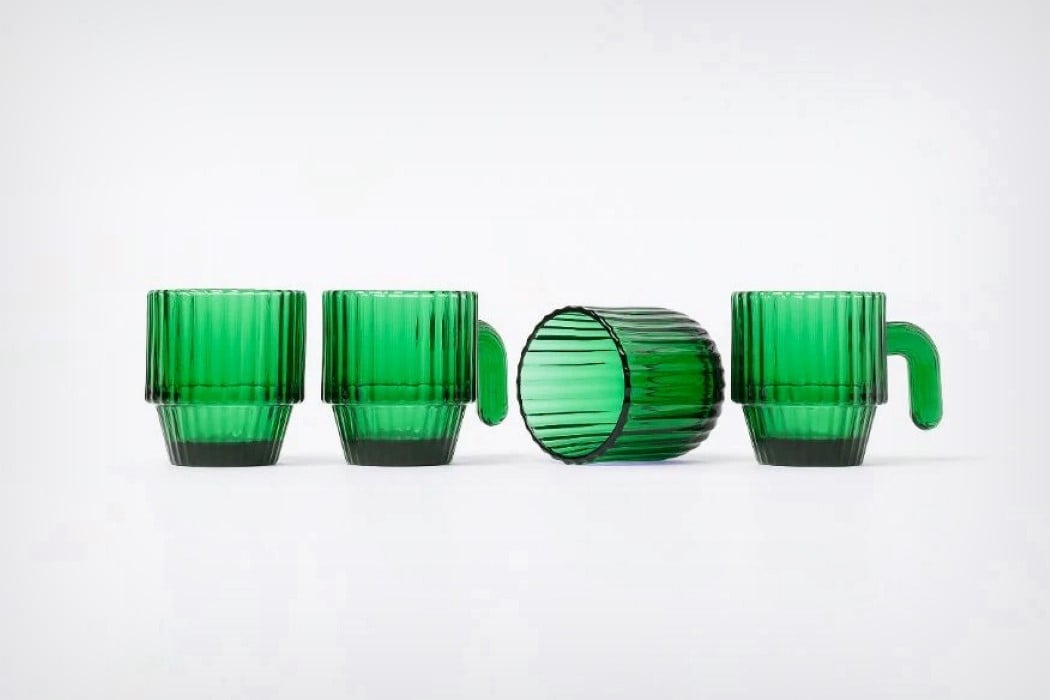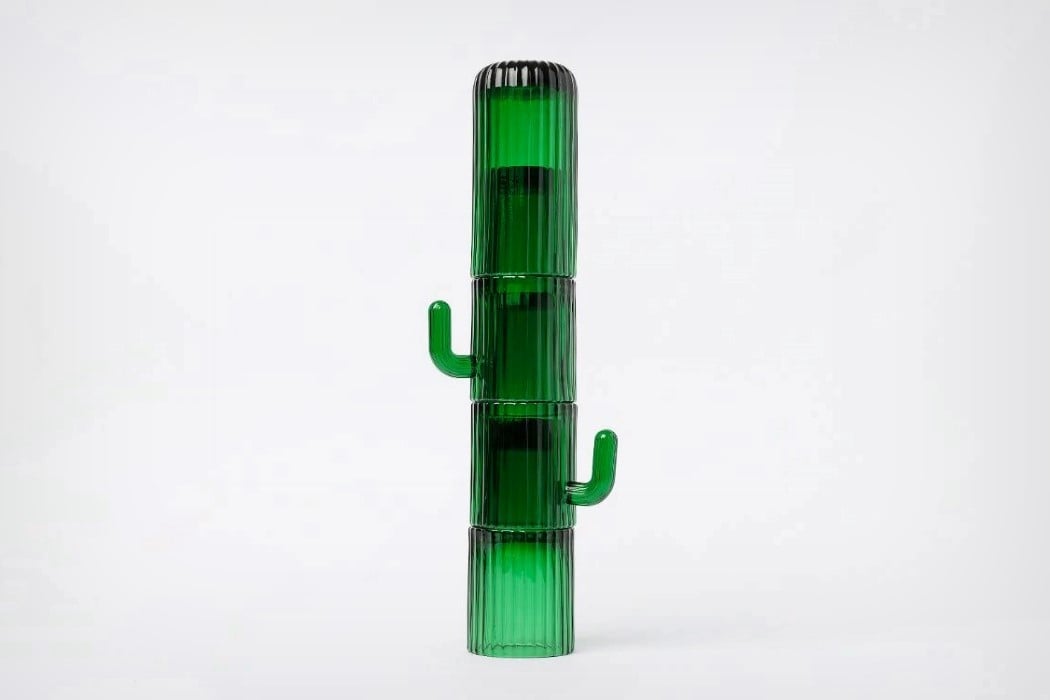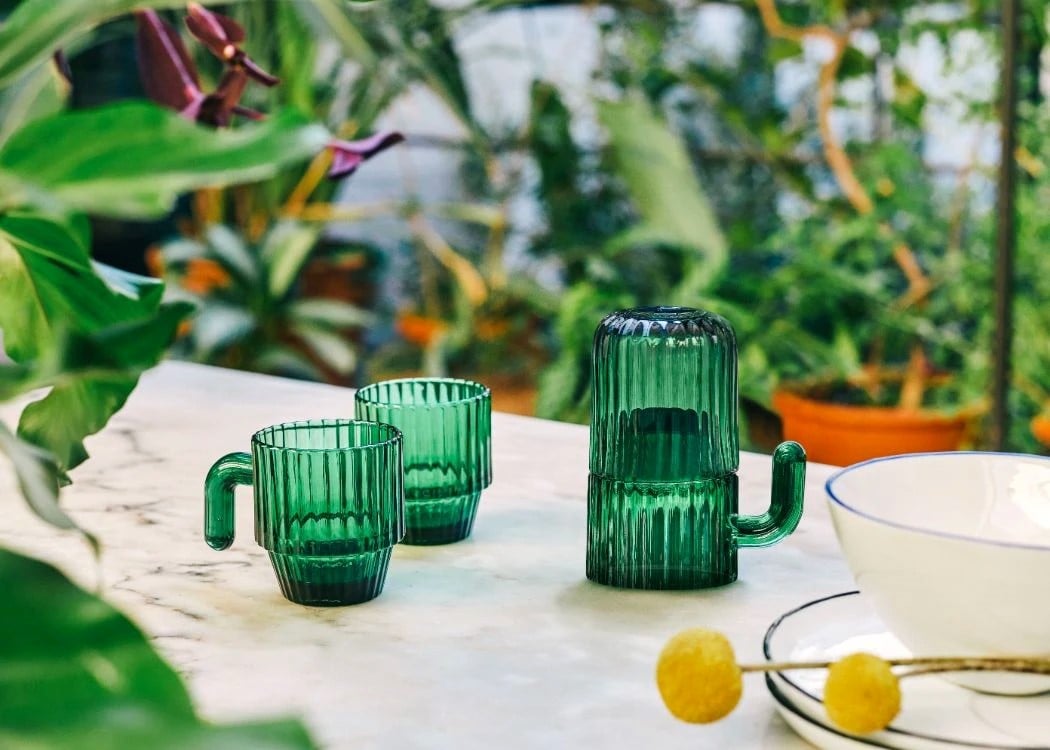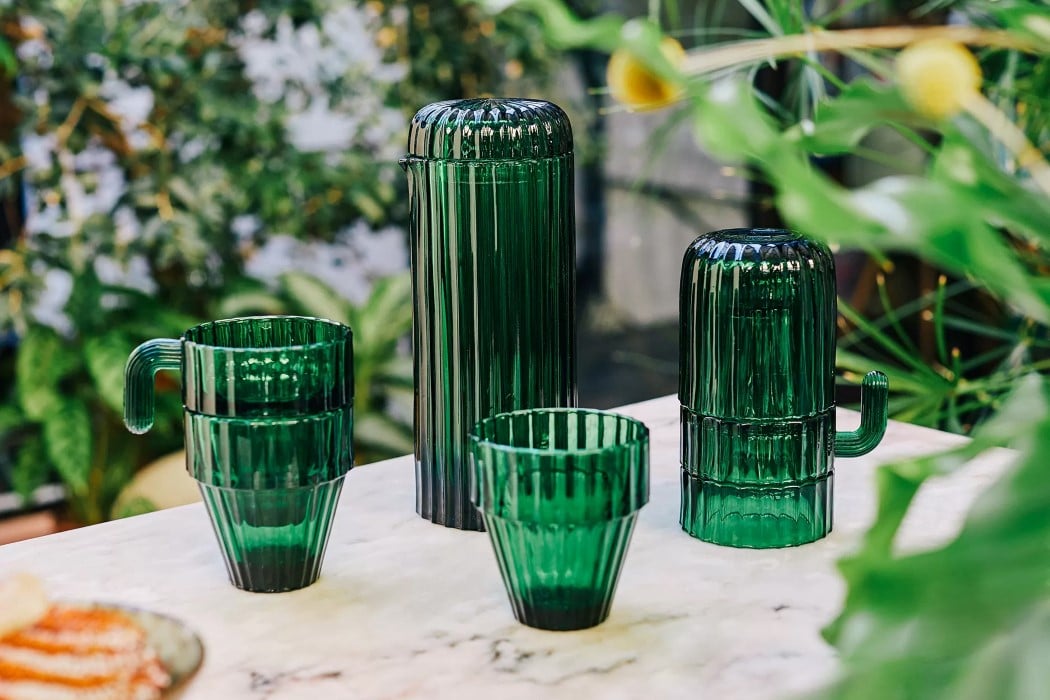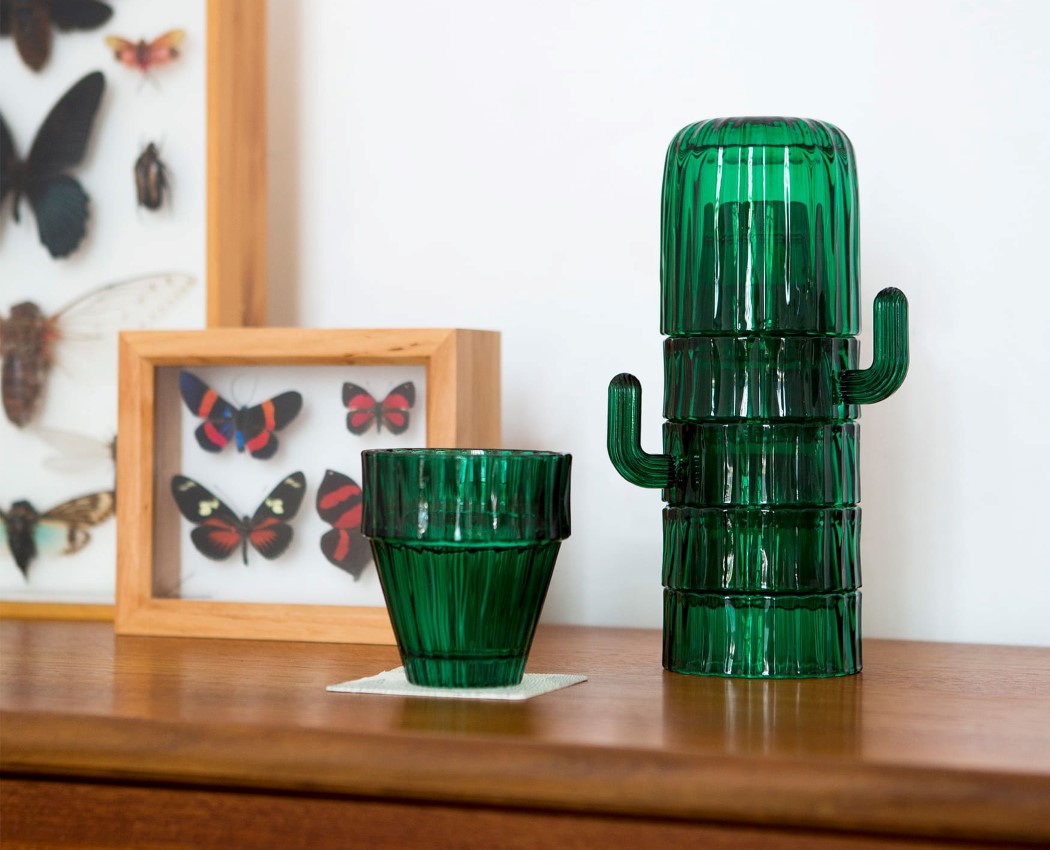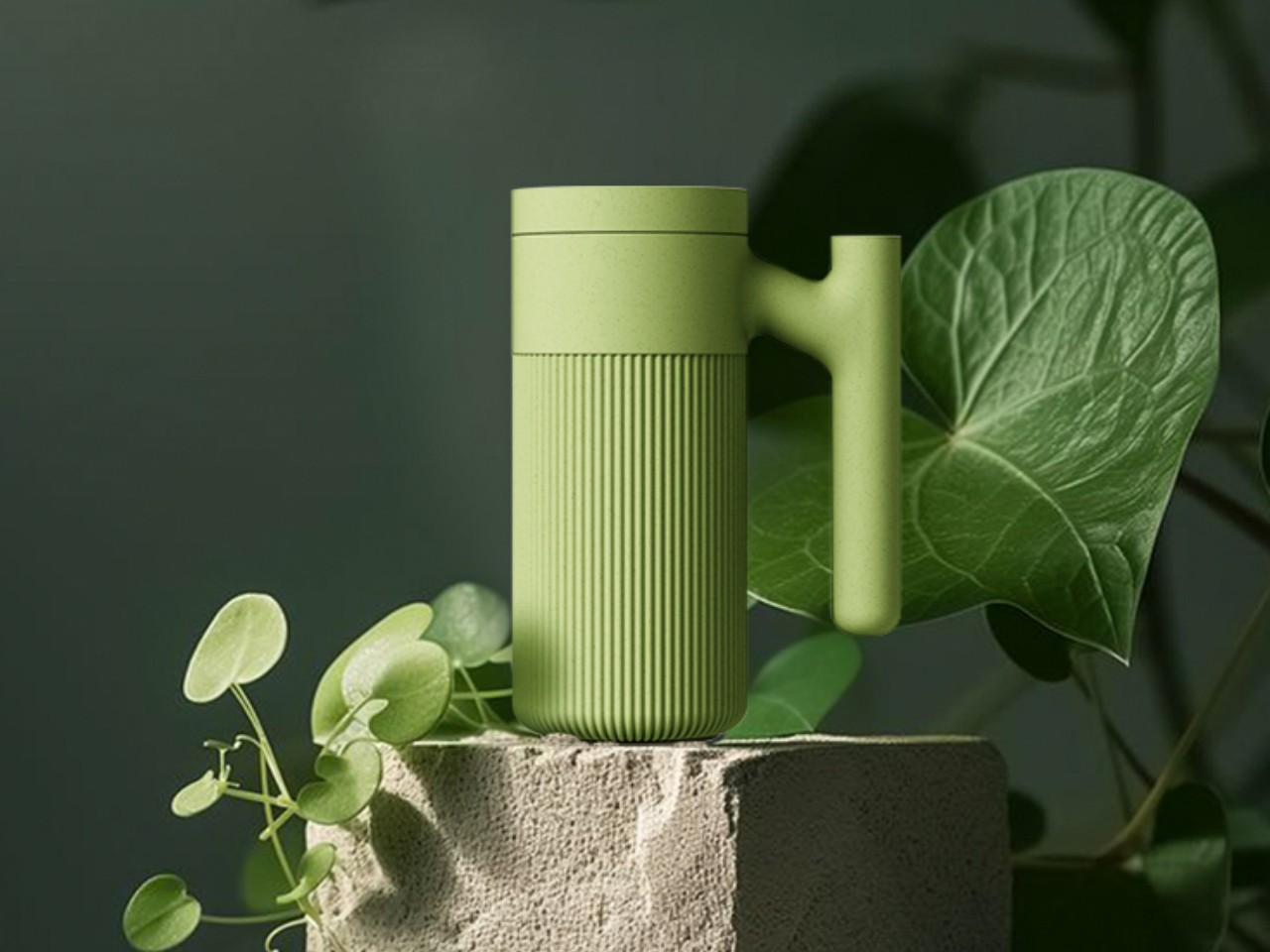
Coffee lovers have thankfully become more conscious of the harmful effect their drinking habit has, not on their bodies but on the planet. Plastic cups are the biggest culprits, of course, but even paper cups actually take a toll on the environment in the long run. Paper is sustainable and biodegradable, but the rate at which we manufacture the material is faster than we can grow trees to maturity. At the same time, normal wood isn’t exactly a good material for reusable cups or tumblers that are becoming the go-to solution for environment-conscious drinkers of coffee, tea, or water. This design concept tries to offer a middle ground with a seemingly magic thermoplastic tumbler that is actually made from unused wood.
Designer: Kim Jiwoo (Designer Dot)
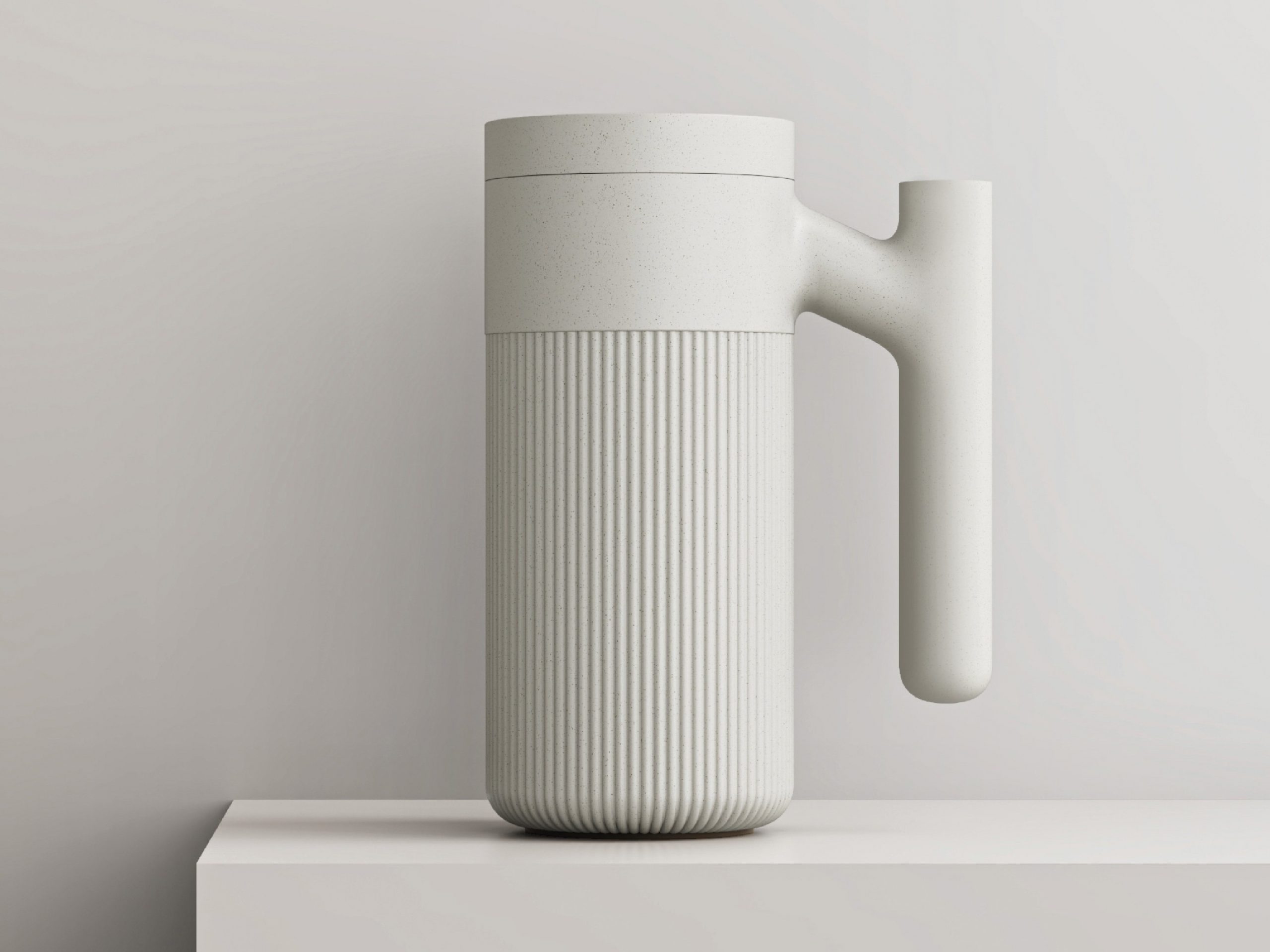
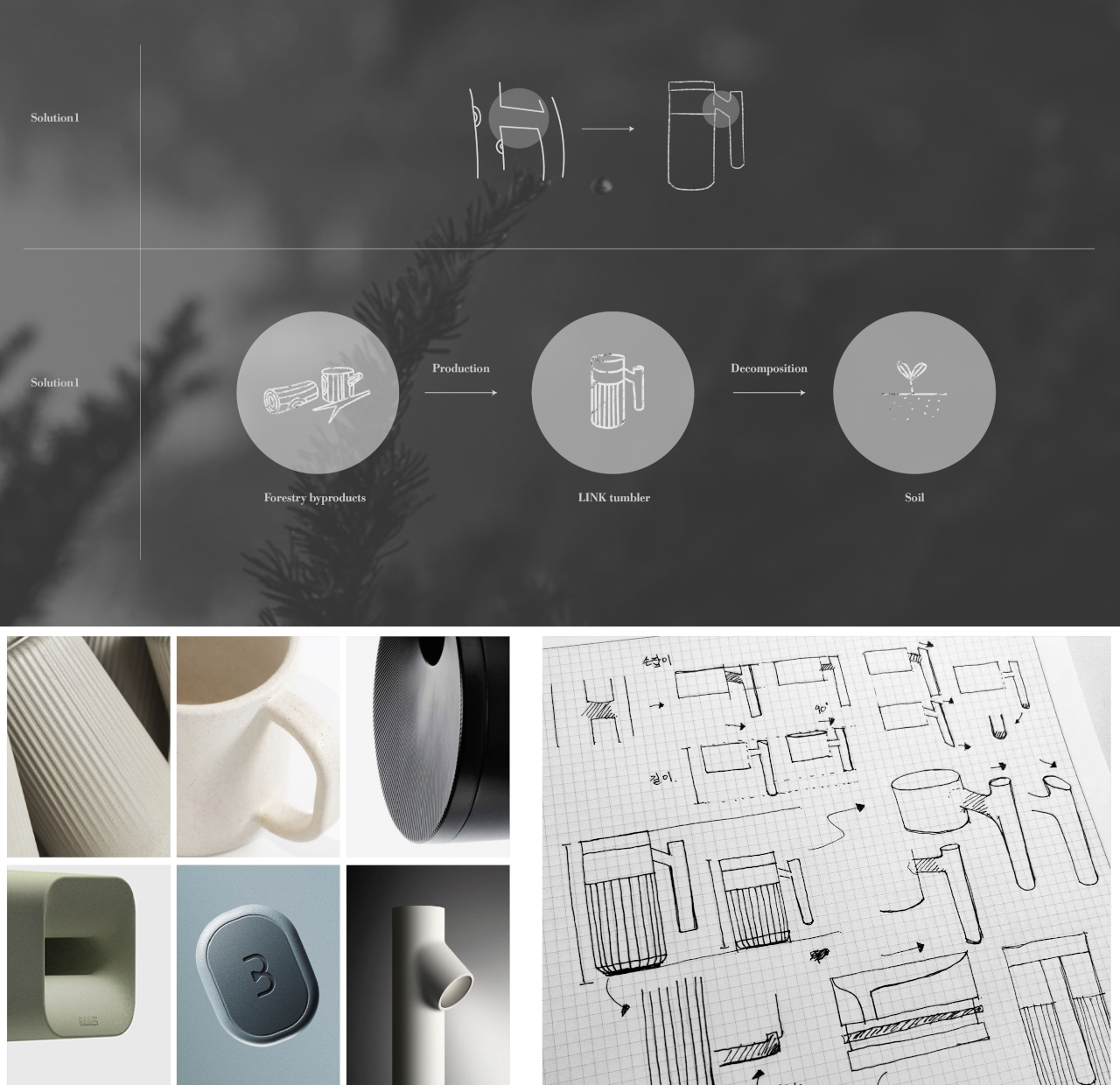
Wood is a material well-loved by designers because of its innate beauty and sustainability. But while it does grow on trees, trees don’t grow overnight. And while there are alternatives that make use of recycled synthetic materials like plastic, these don’t easily decompose like wood, which can turn into material that nourishes the soil that trees grow on. In other words, wood is the perfect circular economy material, and it would be great if it could take on the beneficial properties of plastic as well.
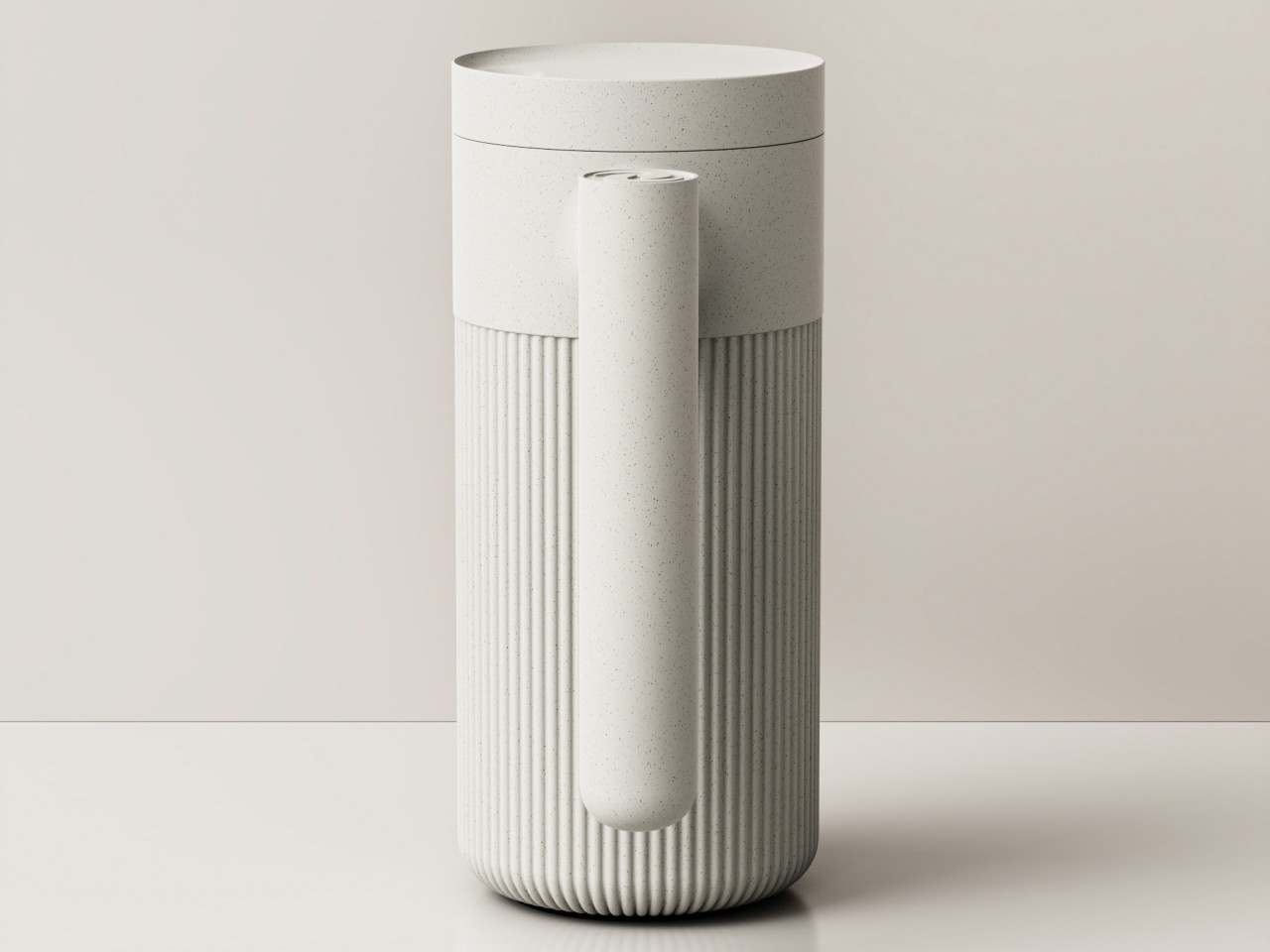
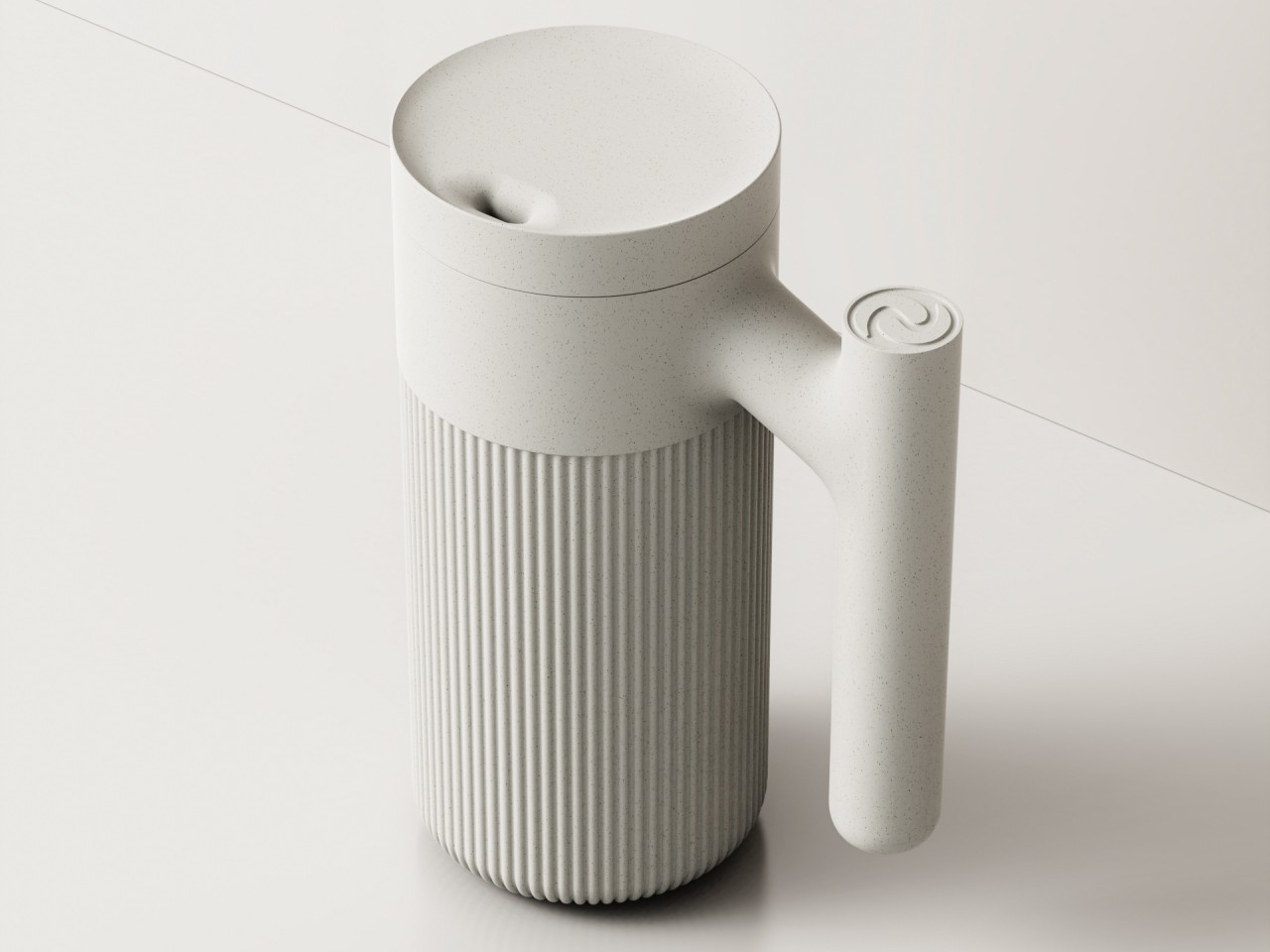
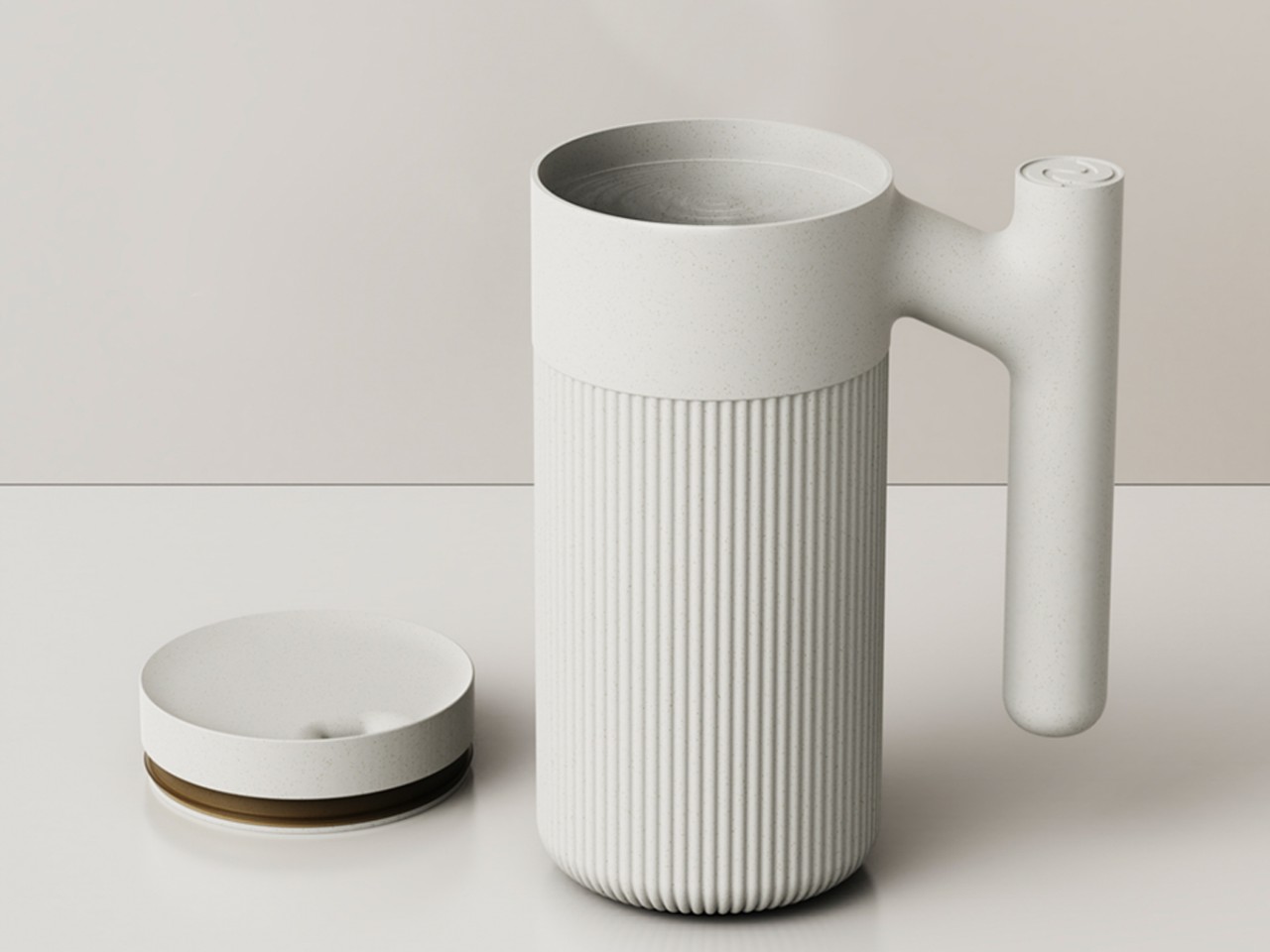
CXP or Cellulose Cross-linked Polymer is that growing (no pun intended) solution that promises the best of both worlds. It’s made of wood, specifically the cellulose that is the building block of trees and plants, but it has also been plasticized through specific chemical processes that are fortunately easy to reproduce. Unlike bioplastics that need very specific conditions before they decompose, CXP behaves exactly like wood in this regard. In other words, once this tumbler has reached the end of its life, it can be even used to nourish the soil for other trees whose discarded wood will be used to make more thermoplastics.
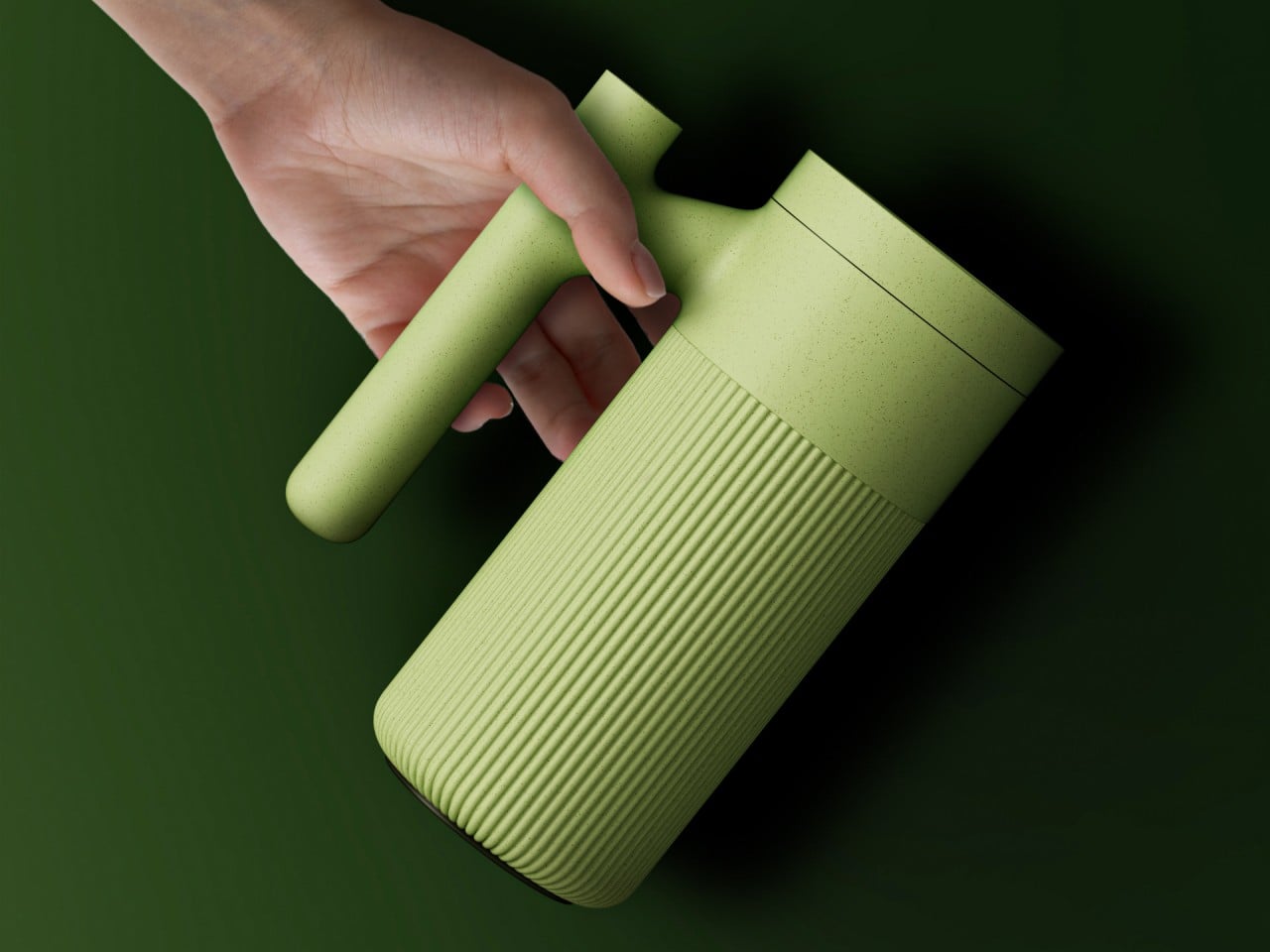
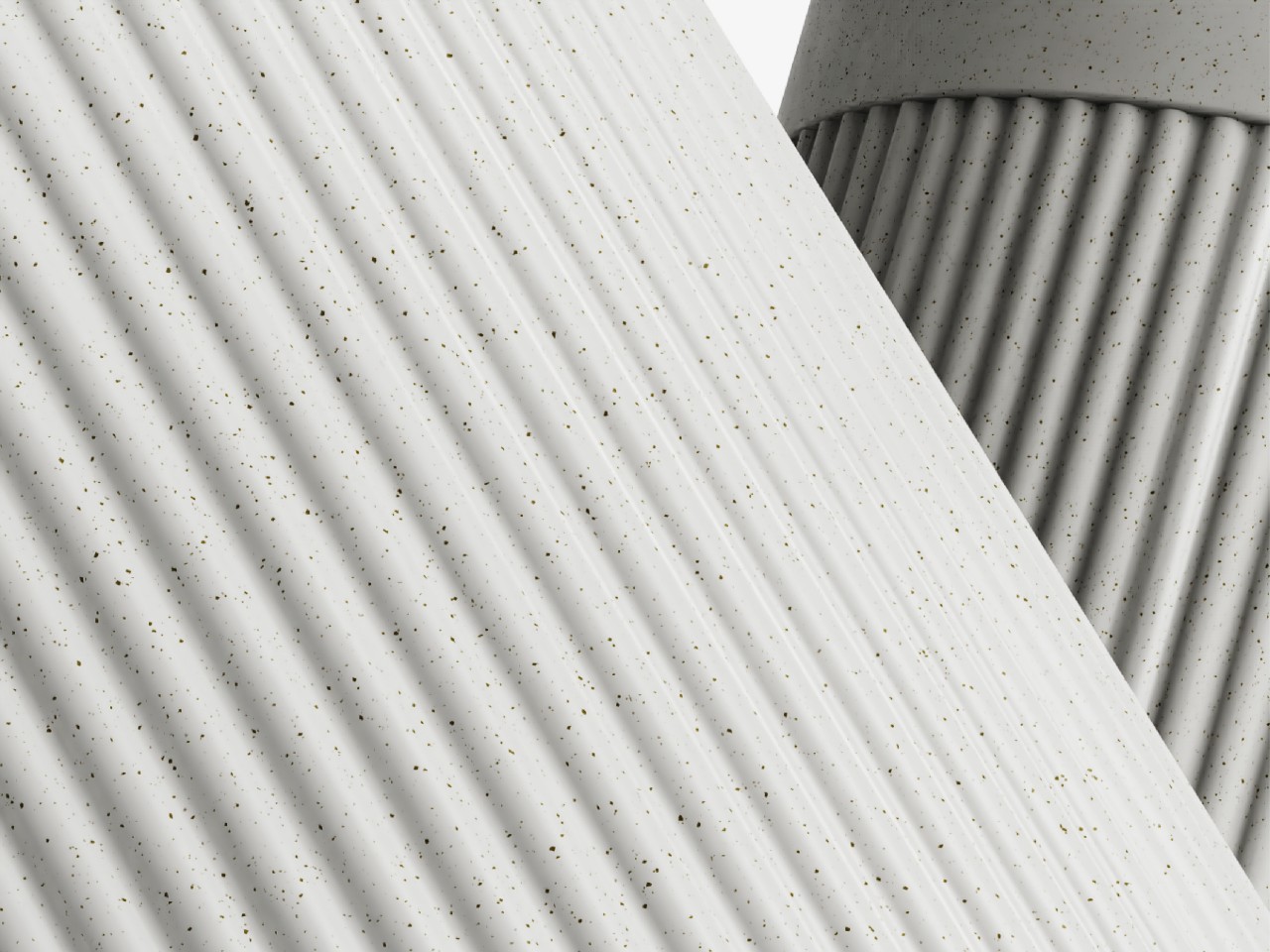
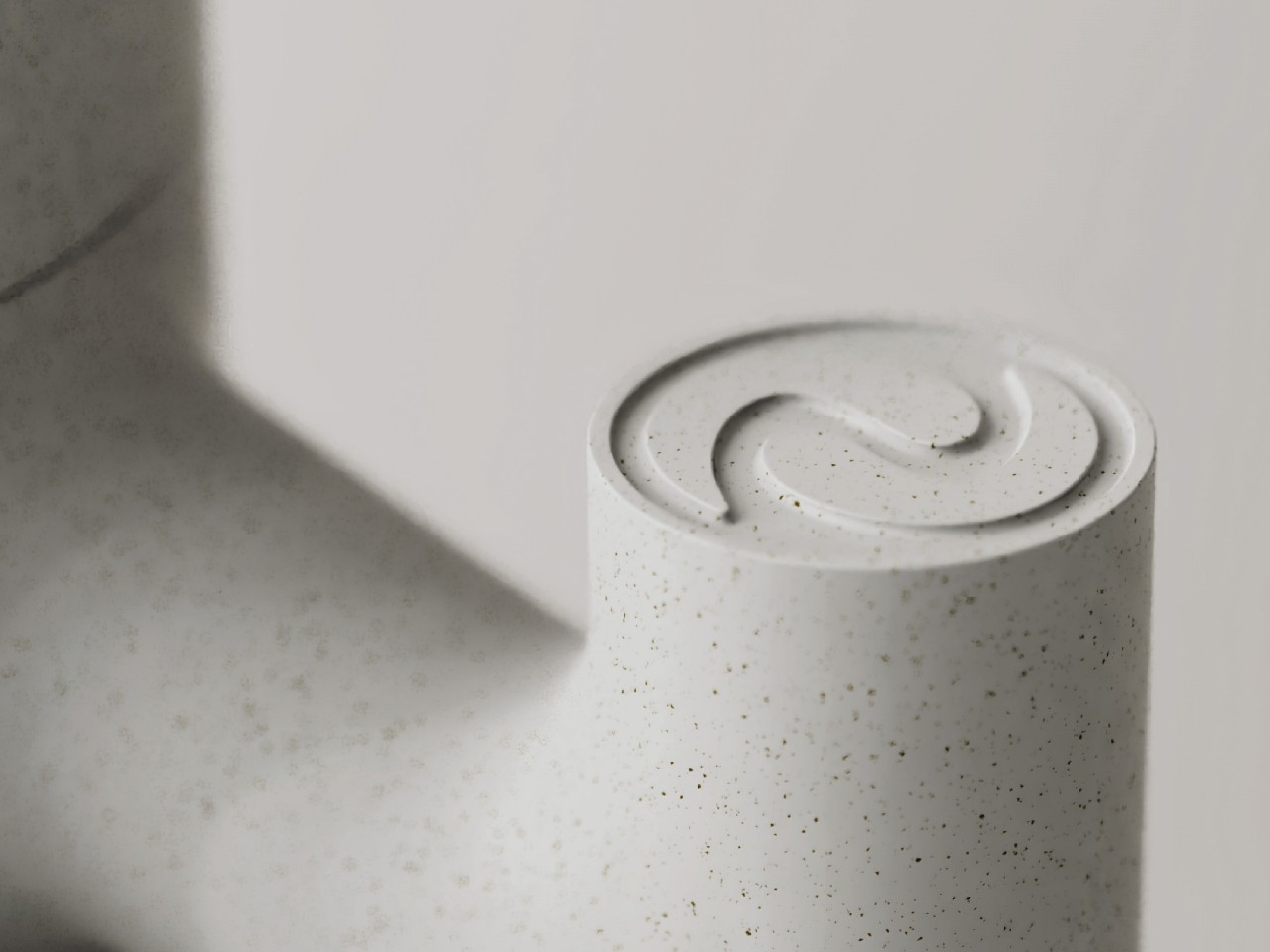
LINK is the expression of this sustainability innovation, a tumbler that tries to signify the connection between humans and trees on multiple levels. Its handle is intentionally shaped like a branch sprouting from a tree trunk, sporting a length that is ergonomic for any hand size. The trunk, which is the main body of the tumbler, is also shaped with ridges that try to mimic the uneven surfaces of trees, while also adding to the grippiness of the container.
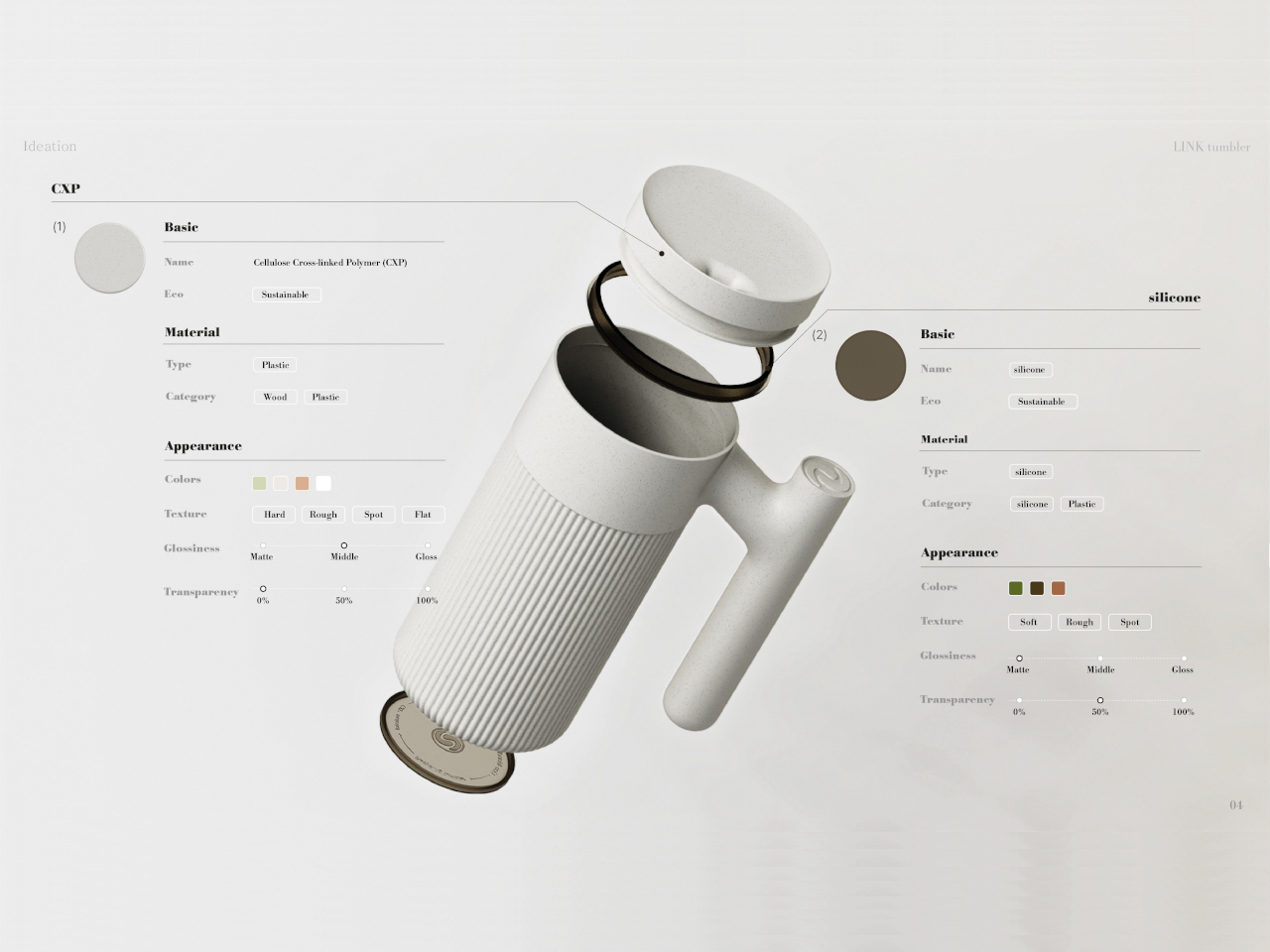
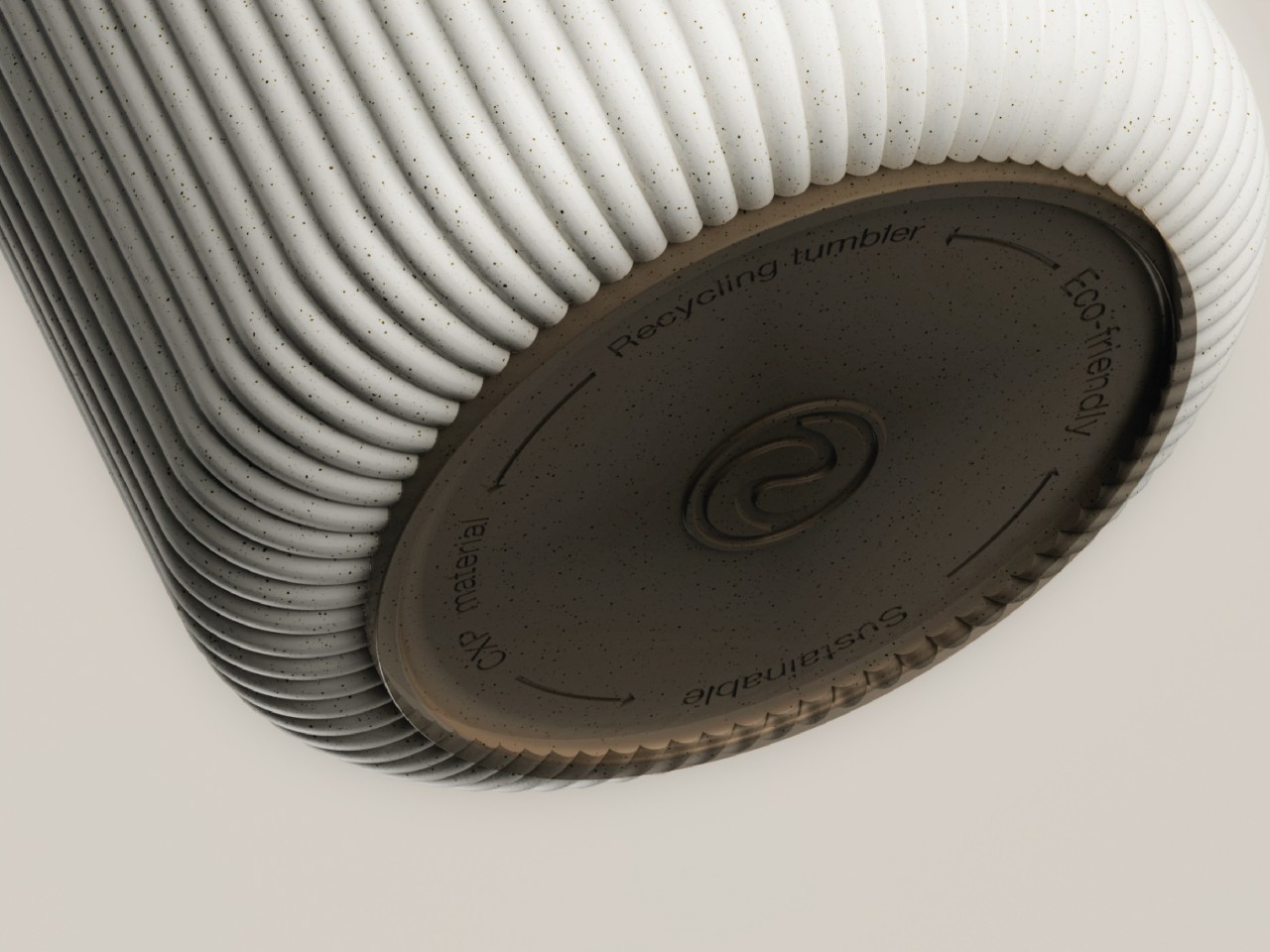
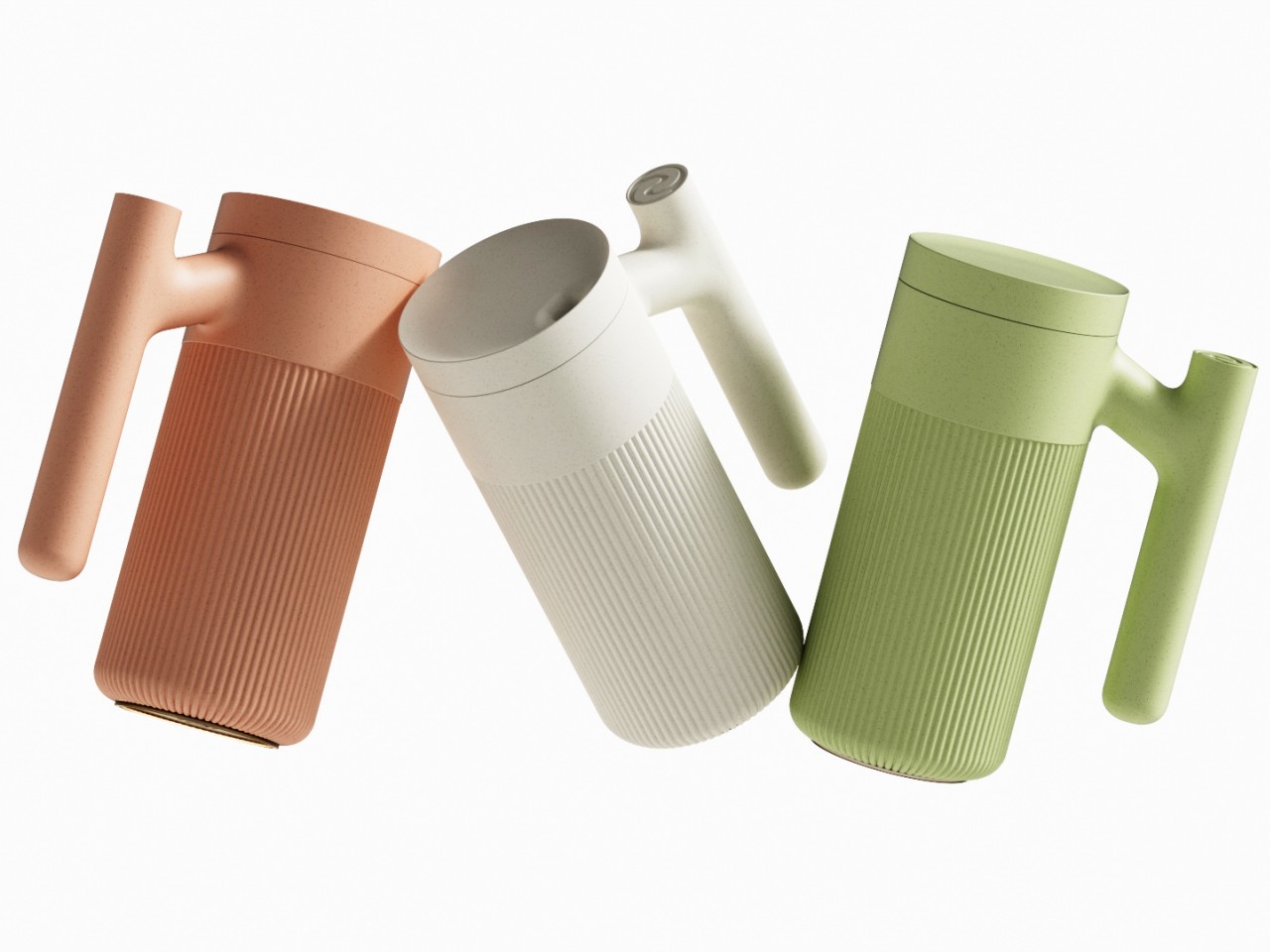
Unlike a regular wooden vessel, LINK can be used to hold hot beverages like coffee since it is also a conventional thermoplastic. Spills, leaks, and slips can be prevented by using eco-friendly silicone, perhaps the only concession to this design. And because of the very nature of such recycled materials, there will be very noticeable specks of color that give each tumbler a unique identity that represents its special link to all life on the planet through wood.
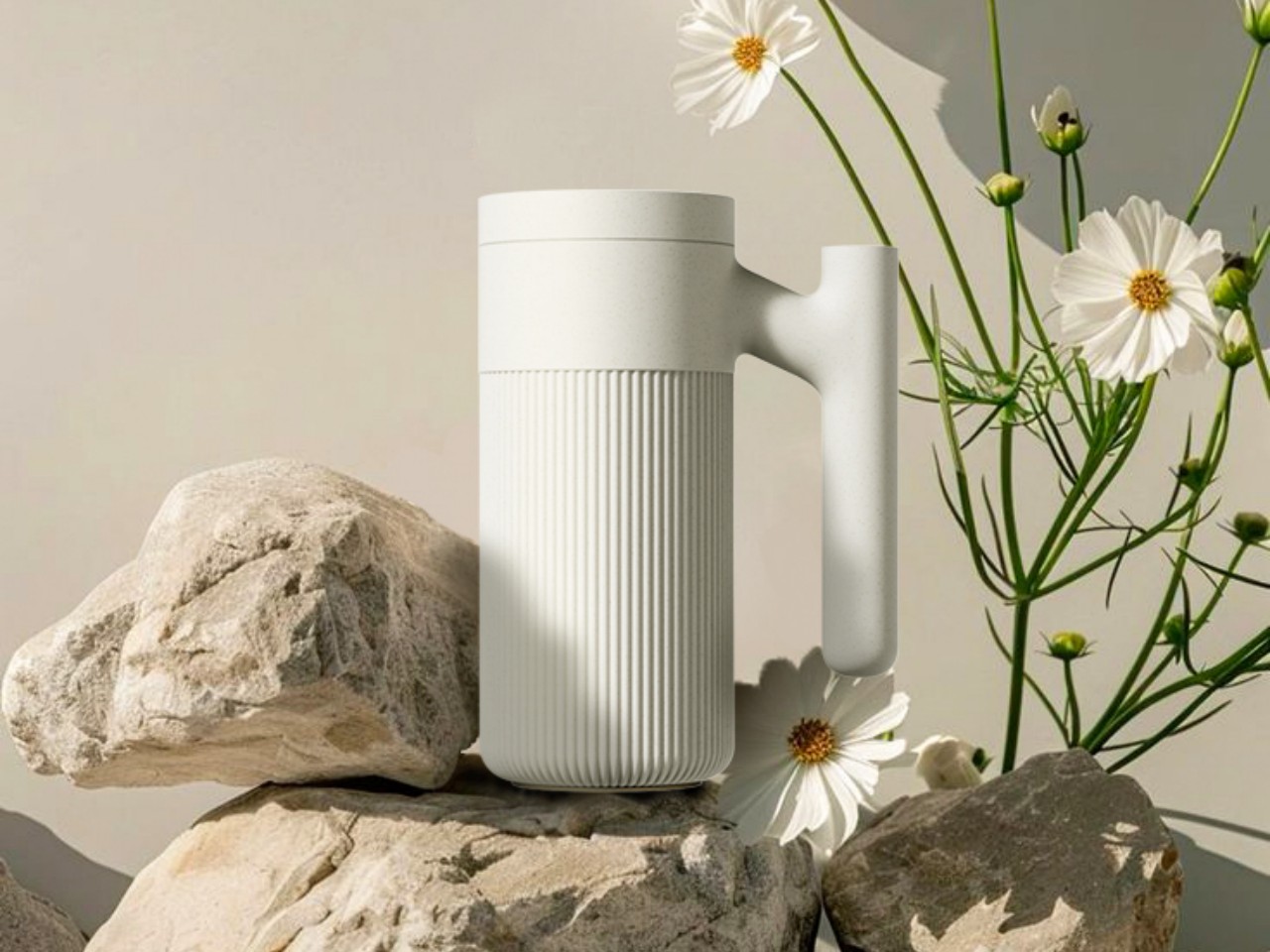
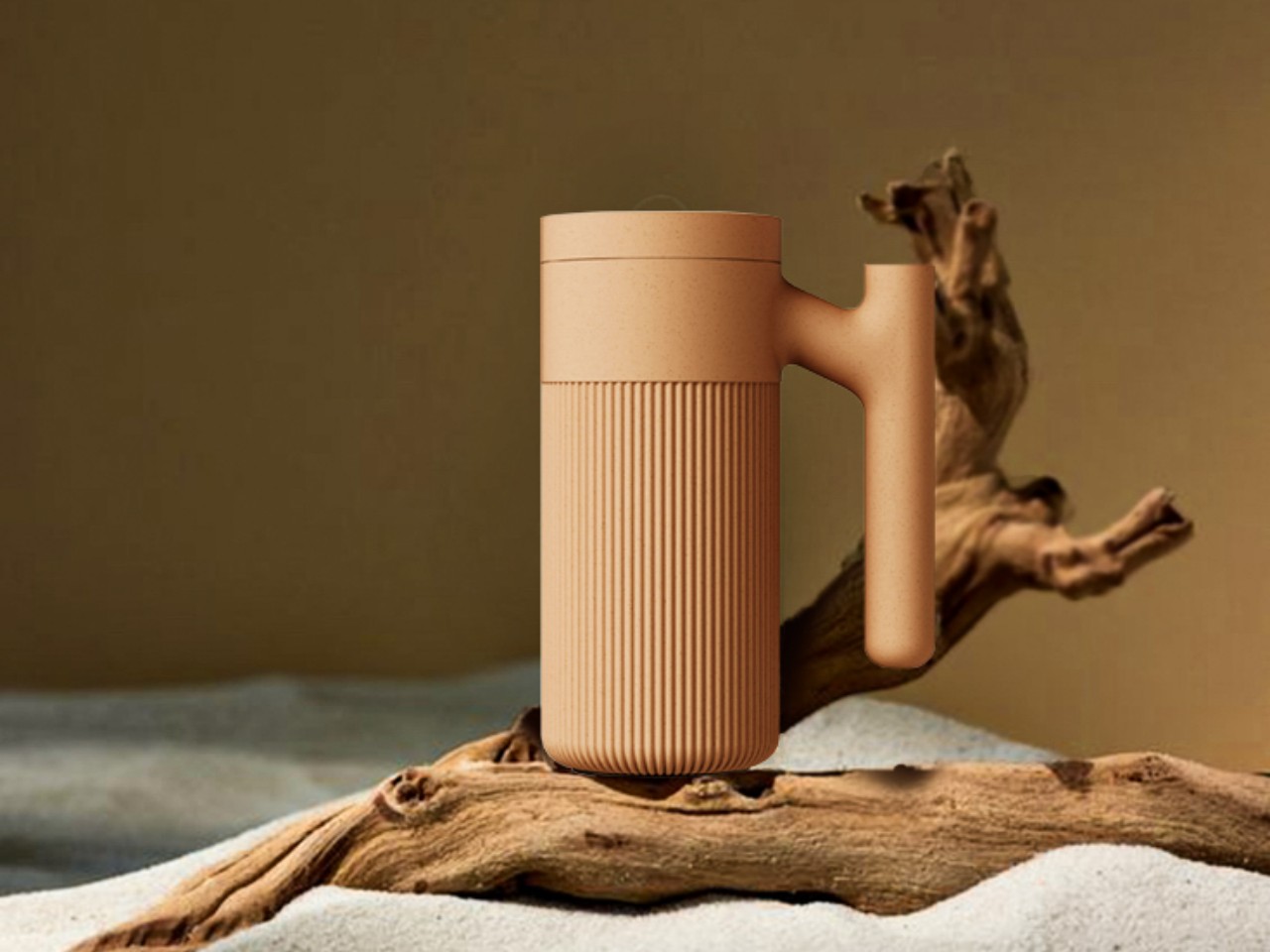

The post Eco-friendly tumbler uses thermoplastic made from unused wood byproducts first appeared on Yanko Design.
